Breaking
- MENU
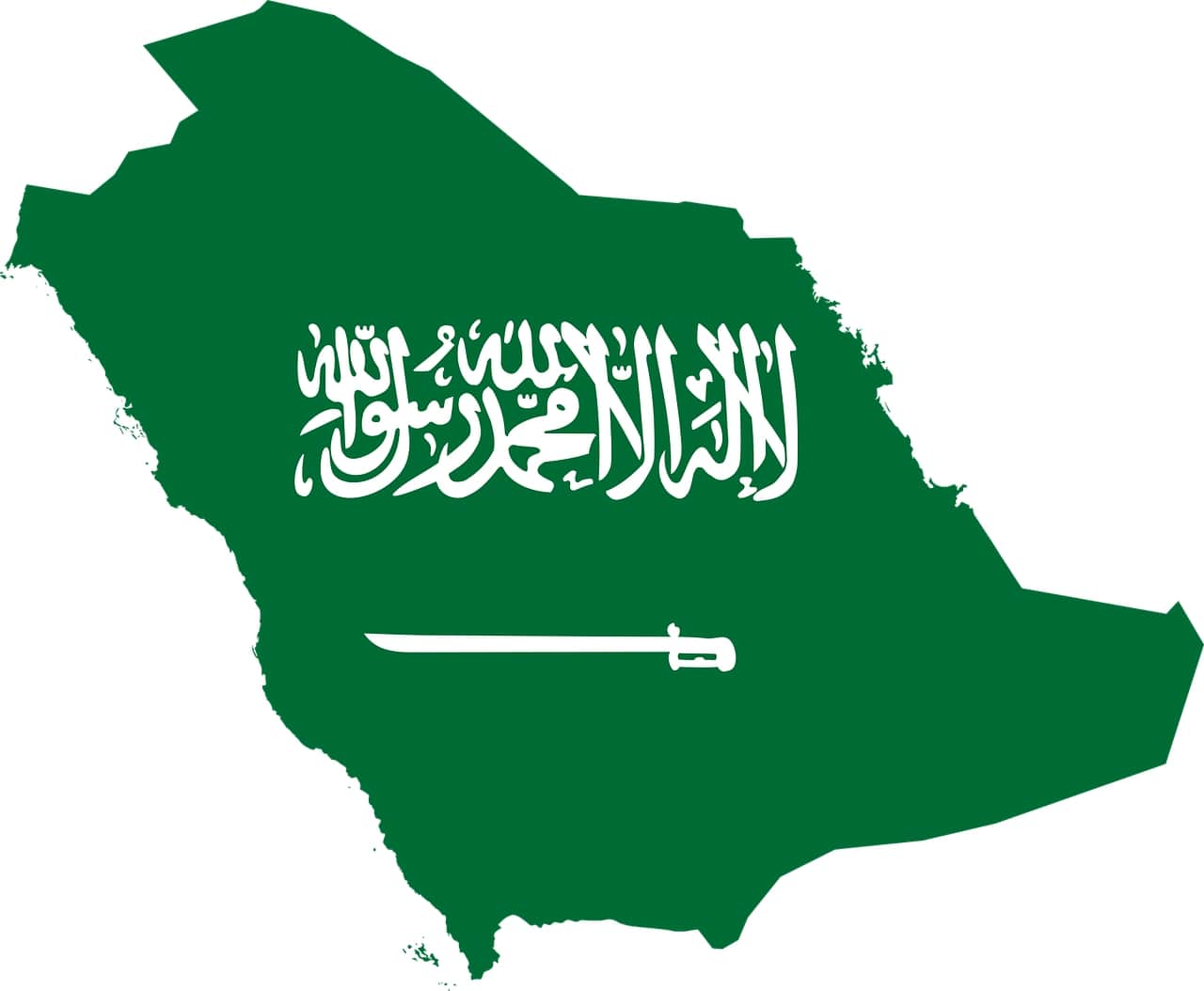
By the law of unintended consequences, US President Donald J. Trump’s mix of uncritical and cynical embrace of Saudi Arabia and transactional approach towards relations with the kingdom may be producing results.
Saudi Arabia appears to be backing away from its largely disastrous assertive and robust go-it alone foreign and defense policy posture and reverting to a more cautious approach that embraces multilateralism, seeks international backing before acting and emphasizes traditional and public diplomacy.
The kingdom’s shift towards a less reckless, more coordinated and deliberate foreign and defense policy does not necessarily mean a change in rhetoric or a greater willingness to seek negotiated solutions. It entails a change in tone and strategy rather than a backing away from key foreign or domestic policy positions, including Saudi Arabia’s deep-seated animosity towards Iran.
Saudi state minister for foreign affairs Adel al-Jubeir made that clear, saying that Saudi Arabia had not ruled out a military response to drone and missile attacks that severely damaged two if its key oil installations. Al-Jubeir reiterated conditions for any successful negotiation that include tough restrictions on and oversight of Iran’s nuclear program and limits to its development of ballistic missile. He further demanded fundamental changes to Iran’s foreign and defense policy.
“No nukes, no missiles and no terrorism,” Al-Jubeir said in language that was likely to appeal to a broad audience but masked the two countries’ core differences. Nicolas Dunais, an economic advisor to Gulf governments who last year was helping Saudi Arabia establish a national risk and resilience unit, got a glimpse of Saudi Arabia’s fundamental attitude before the kingdom’s recent repackaging.
Suggestions by Dunais to consider the broader risks related to the missile threat and to undertake an indirect dialogue with the Houthi leadership were summarily dismissed given the confidence that military might alone would be enough to crush a ragtag army of rebels
King Salman signalled the policy shift when he told a Cabinet meeting, days after the attacks believed to have at least been enabled by Iran, that they were "not aimed at the vital facilities of Saudi Arabia only, but also threaten the global economy." King Salman’s statement was as much an effort to capitalize on the attacks to garner international support and step up pressure on Iran as it was the setting of a different foreign policy tone.
Unlike the United States that put responsibility for the attacks squarely on the shoulders of Iran, Saudi spokesmen were careful to stop short of holding Iran directly responsible for the attacks. Instead, they asserted that the weapons used in the attacks were Iranian made and therefore bore some degree of responsibility.
Similarly, in sharp contrast to the kingdom’s rejection of an international investigation into last year’s killing of journalist Jamal Khashoggi and its tight control of access to war-torn Yemen, Saudi Arabia followed up on King Salman’s statement by inviting the United Nations and others to participate in a forensic investigation of the attacks that would focus on the origin of the weapons employed, and the launching spot of the drones and missiles.
Speaking to the New York-based Council of Foreign Relations, Al-Jubeir said foreign experts had already arrived in the kingdom. Driving the point home, Al al-Jubeir said earlier that Saudi Arabia was consulting “with friends and allies about the next steps to take.” In a further embrace of multilateralism, Saudi Arabia, days after the attacks, joined a US-led coalition to secure the Middle East’s waterways. Earlier, Britain, Bahrain and Australia pledged to participate in the coalition.
The Saudi moves were buffeted by a concerted reaching out to the media rather than relying primarily on expensive public relations and lobbying agencies to ensure that the kingdom’s voice and more cautious approach was heard and noted. The attacks drove home the vulnerability of the kingdom’s oil assets that account for the bulk of its revenues and its international standing and a realization that Saudi Arabia could not count on unquestioned support of the international community and particularly the United States, its long-standing guardian angel.
That realization came as Saudi Arabia was working to repair damage to its image as a result of its conduct of the Yemen war; the killing of Khashoggi; the massive crackdown on activists, critics and businessmen; and its abrupt and undiplomatic response to countries like Sweden and Canada that voiced public criticism of the kingdom’s policies.
This week, Saudi ambassador to the UN Abdulaziz Alwasil didn’t mince his words, responding to Australia’s leadership of 24 Western nations in issuing a statement condemning the kingdom for a raft of human rights abuses.
Yet, in a sign of the times and in contrast to earlier incidents involving Sweden and Canada, Alwasil did not threaten disruption of trade and other forms of cooperation with Australia nor did he indicate that the kingdom may expel Australian diplomats.
Saudi Arabia’s efforts to come to grips with new realities came as the kingdom was preparing for an initial public offering by its national oil company, Aramco, that has been struggling to ensure that it meets Crown Prince Mohammed bin Salman’s target valuation of US$2 trillion.
The precarity of the kingdom’s situation was obvious for all to see when Trump made clear that his inclination was not to launch a risky retaliatory strike against Iran in response to the attacks but to tighten economic sanctions and to continue exploring a possible dialogue with the Islamic republic,
Adding insult to injury, Trump emphasized the fact that the attacks were against Saudi Arabia and not against the United States and that his administration would support a Saudi response or potentially act on its behalf against payment.
As a result, Saudi Arabia has been manoeuvring to ensure that the situation does not get out of control and that it is not put in a position in which it risks an all-out war that could prove to be devastating.
Saudi Arabia’s shift in policy approach follows in the footsteps of the United Arab Emirates that has in recent months sought to de-escalate tensions in the Gulf by distancing itself from Saudi positions.
The UAE has partially withdrawn its forces from Yemen in an effort to prevent further reputational damage, a move that sparked fighting between UAE and Saudi-backed forces in the country. It was careful not to blame Iran for attacks on tankers off the coast of the UAE believed to have been launched by Iran and reached out to the Islamic republic by sending a coast guard delegation to Tehran.
Said Rebecca Wasser, a senior policy analyst at RAND Corp., noting that the attacks had made the kingdom realize that it may be playing for stakes that are too high: “I think there has a been a calculation that the costs might be too high.”
Trump can claim some credit for Saudi Arabia’s emerging adoption of a more cautious approach. Higher costs and greater risk perceptions were likely one consequence of his transactional approach towards the kingdom.
Note: This article was originally published in the blog, The Turbulent World of Middle East Soccer and has been reproduced under arrangement. Web link
As part of its editorial policy, the MEI@ND standardizes spelling and date formats to make the text uniformly accessible and stylistically consistent. The views expressed here are those of the author and do not necessarily reflect the views/positions of the MEI@ND. Editor, MEI@ND: P R Kumaraswamy
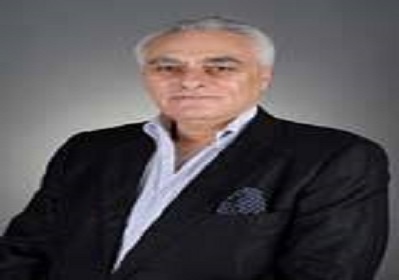
James M. Dorsey is a Senior Fellow at the S. Rajaratnam School of International Studies as Nanyang Technological University in Singapore, co-director of the Institute of Fan Culture of the University of Würzburg, and the author of the blog, The Turbulent World of Middle East Soccer. Email: jmdorsey@questfze.com

The final run-up to the 2022 World Cup and the tournament's management is make-it-or-break-it ti.....
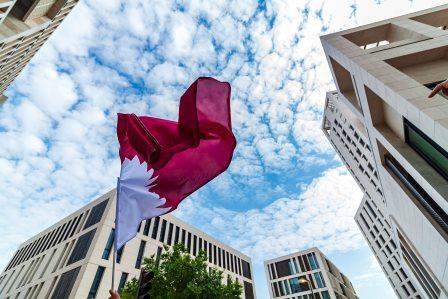
Former Qatari emir Hamad bin Khalifa Al Thani, the father of the Gulf state's current ruler, Tam.....
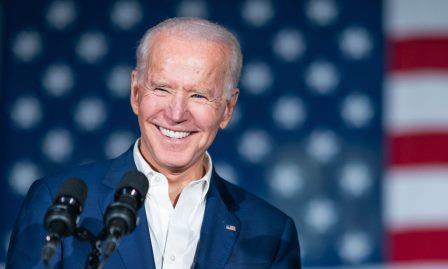
The Biden administration is mulling whether to grant Saudi Crown Prince Mohammed bin Salman sovereig.....

Qatar's 2022 World Cup promises to benefit not only itself but also to provide an unintended eco.....
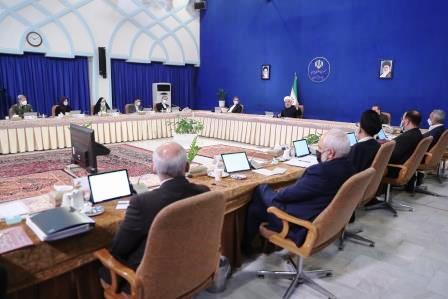
A potential revival of the Iran nuclear accord is likely to test the sustainability of Middle Easter.....
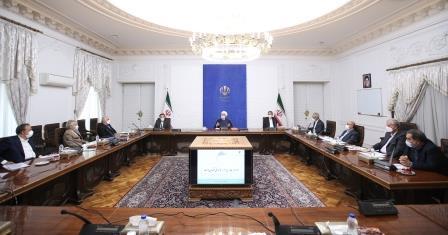
With the fate hanging in the balance of the 2015 international agreement that curbed Iran’s nu.....
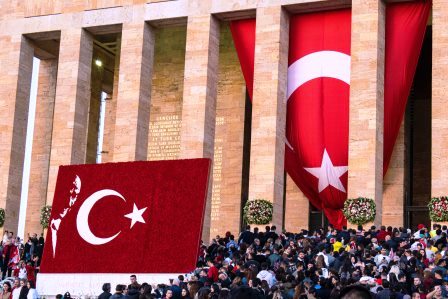
At first glance, there is little that Turkish President Recep Tayyip Erdogan, an Islamist and nation.....
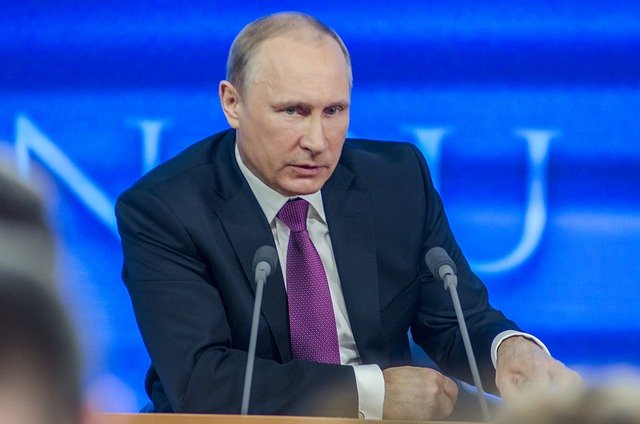
Europe is likely to shoulder the brunt of the fallout of a rapidly escalating crisis over Ukraine. M.....
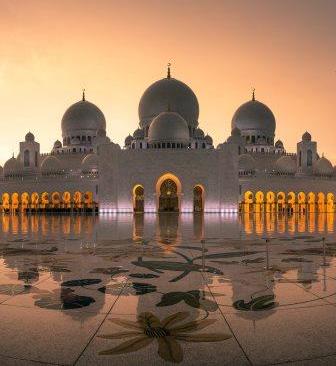
An Israeli NGO gives the United Arab Emirates high marks for mandating schoolbooks that teach tolera.....
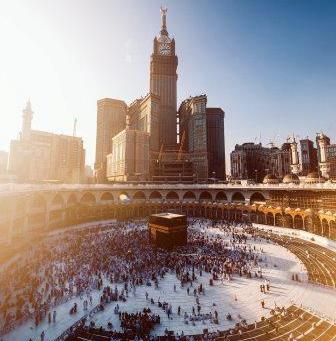
How sustainable is Middle Eastern détente? That is the $64,000 question. The answer is probab.....
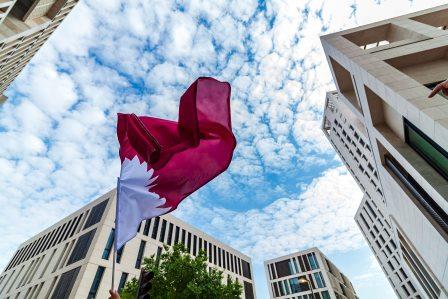
Qatar has begun to cleanse its schoolbooks of supremacist, racist or derogatory references as well a.....
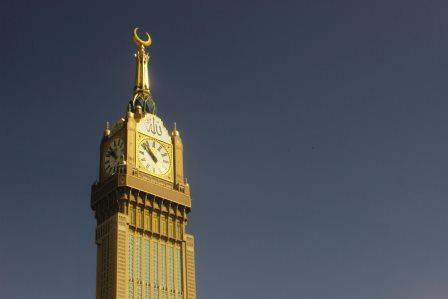
Long banned, Christmas has finally, at least tacitly, arrived in Saudi Arabia; just don’t use .....
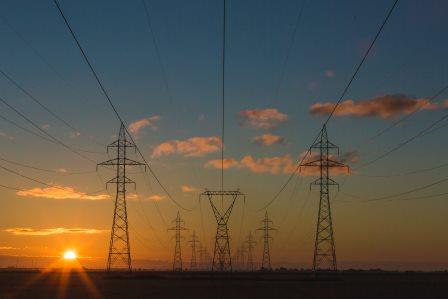
Increasingly, compliance with US sanctions against Iran could emerge as a litmus test of the United .....
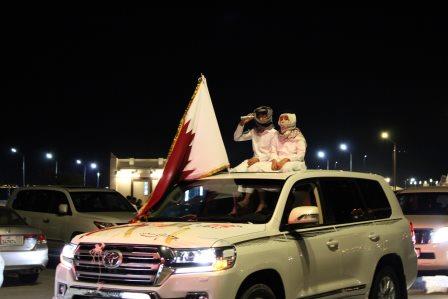
Footballers with diametrically opposed views on homosexuality and alcohol consumption have sparked h.....
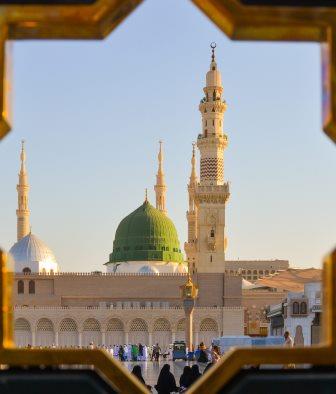
Saudi Islamic affairs minister Abdullatif bin Abdulaziz al-Sheikh has ordered imams in the kingdom t.....
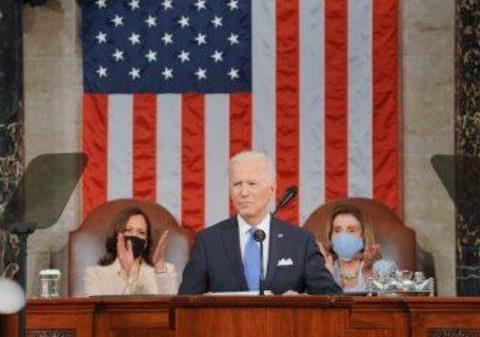
The United States has signalled in advance of next week’s Summit for Democracy that it is unli.....
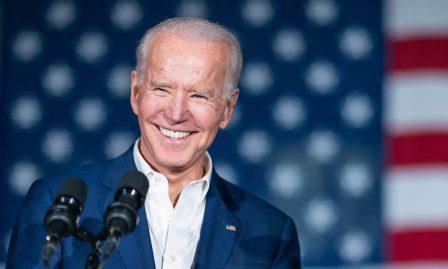
A cursory look at Saudi Arabia and Iran suggests that emphasizing human rights in US foreign policy .....

When seven-time Formula One world champion Lewis Hamilton wore a helmet this weekend featuring the c.....
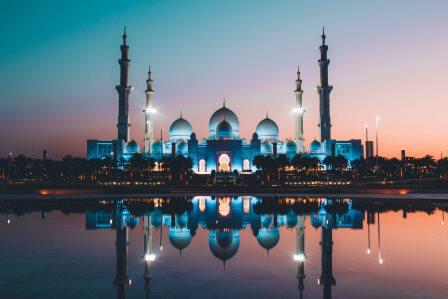
It has been a good week for United Arab Emirates Crown Prince Mohammed bin Zayed. Headline-grabbing,.....
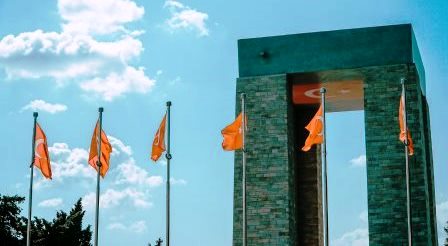
Just in case there were any doubts, Turkish Foreign Minister Mevlut Cavusoglu demonstrated with his .....
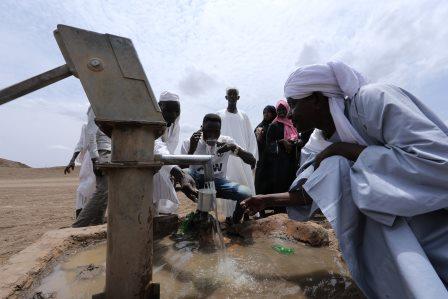
Sudan is the exception to the rule in the United Arab Emirates’ counterrevolutionary playbook......
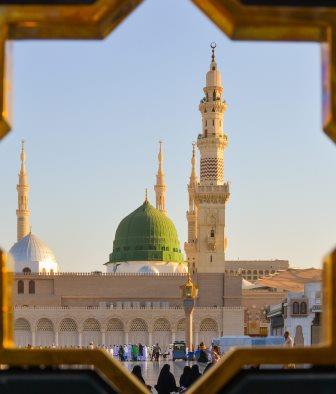
Former Saudi intelligence chief Prince Turki AlFaisal Al Saud must have gotten his tenses mixed up w.....
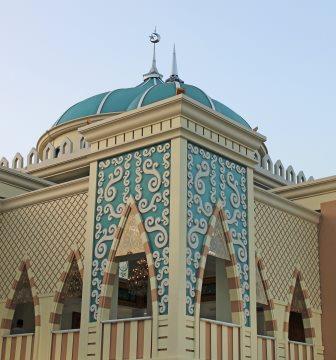
An Indonesian promise to work with the United Arab Emirates to promote ‘moderate’ Islam .....
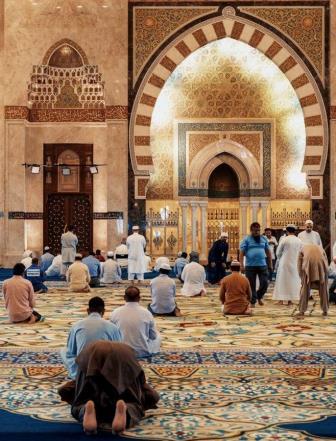
As Middle Eastern states attempt to manage their political and security differences, Muslim-majority.....
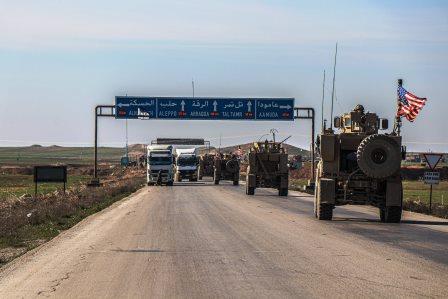
The future of US engagement in the Middle East hangs in the balance. Two decades of forever war in A.....
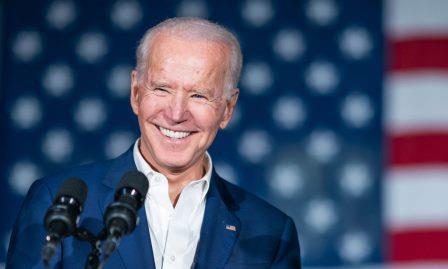
It may not have been planned or coordinated but efforts by Middle Eastern states to dial down tensio.....
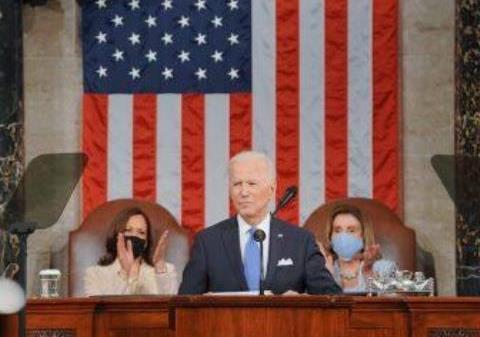
Gulf States are in a pickle. They fear that the emerging parameters of a reconfigured US commitment .....
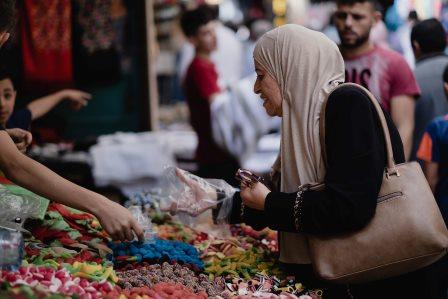
Two separate developments involving improved relations between Sunni and Shiite Muslims and women&rs.....

On their way from Tel Aviv airport to Jerusalem in 1977 then Israeli Deputy Prime Minister Yigael Ya.....
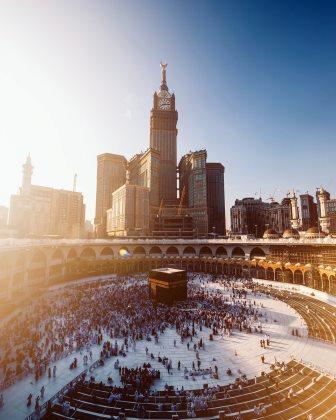
Saudi and Emirati efforts to define ‘moderate’ Islam as socially more liberal while bein.....
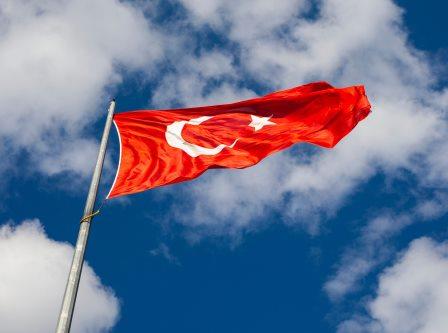
Turkish state-run television appears to have not gotten the message: Turkey and the United Arab Emir.....
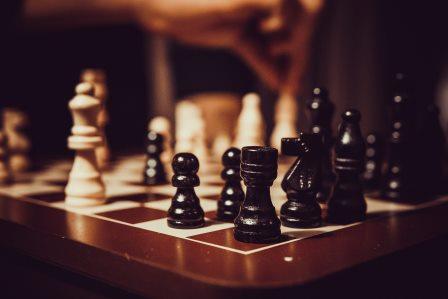
The Taliban takeover of Afghanistan perpetuates a paradigm of failed governance in the Muslim world .....
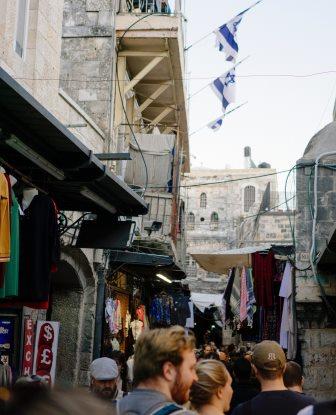
Israel’s first post-Netanyahu government is seeking to rebuild fractured relations with the Je.....
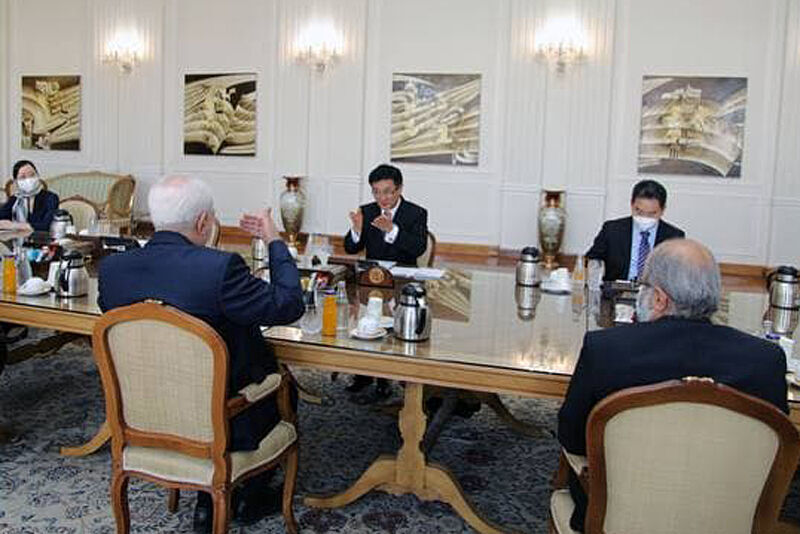
Taliban advances in Afghanistan shift the Central Asian playing field on which China, India and the .....
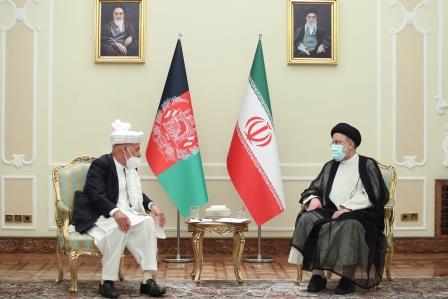
Boasting an almost 1,000-kilometre border with Iran and a history of troubled relations between the .....
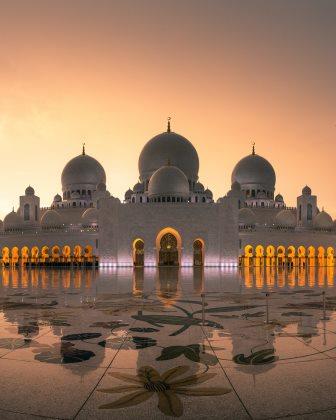
This month’s indictment of a billionaire, one-time advisor and close associate of former US Pr.....
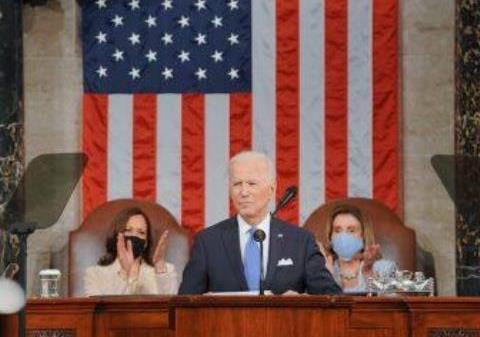
A recent analysis of Middle Eastern states’ interventionist policies suggests that misguided b.....
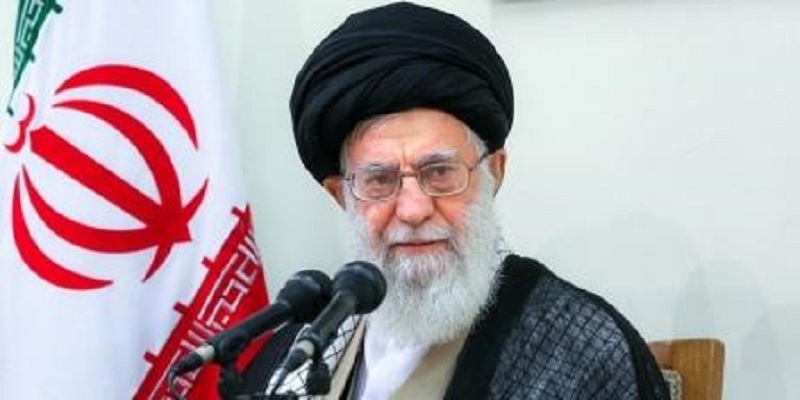
The United States and Iran seem to be hardening their positions in advance of a resumption of negoti.....

A recent unprecedented alliance between Muslims and Evangelicals takes on added significance in a wo.....
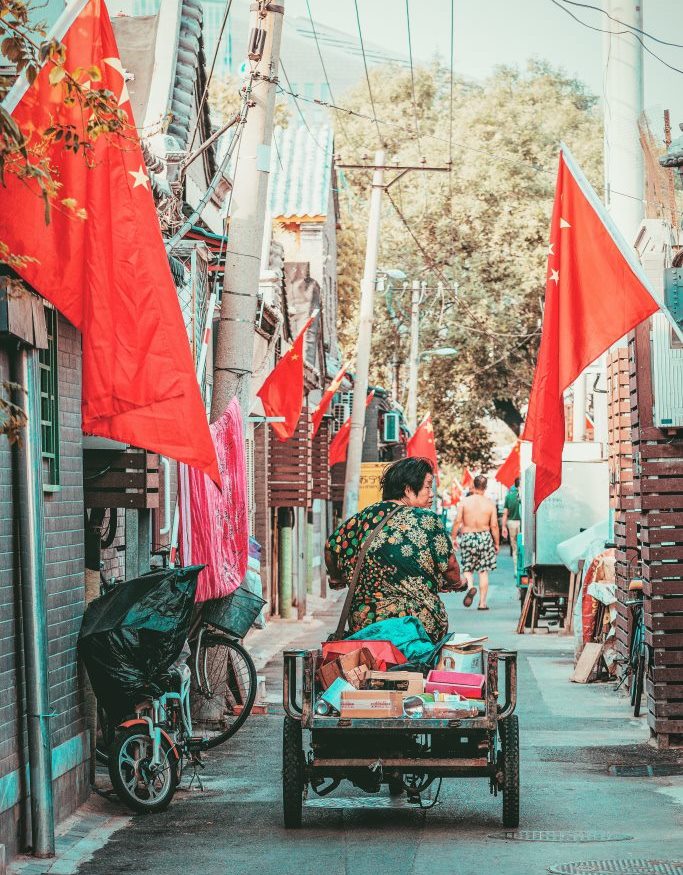
China may have no short-term interest in contributing to guaranteeing security in parts of a swath o.....
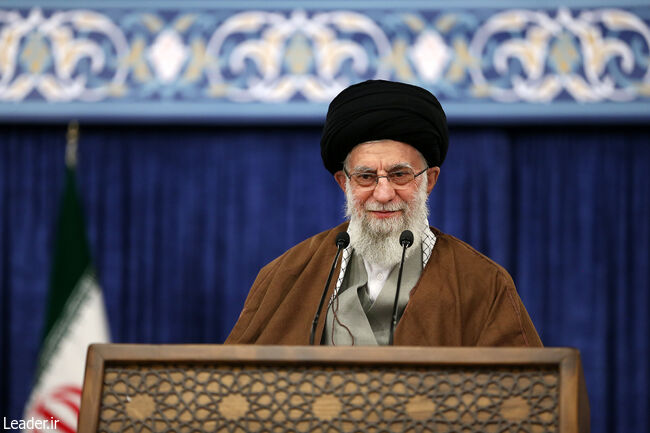
The rise of hard-line President-elect Ebrahim Raisi has prompted some analysts to counterintuitively.....
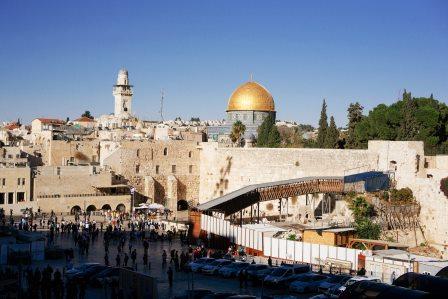
US President Joe Biden may have little appetite for Israeli-Palestinian peace making but seems deter.....
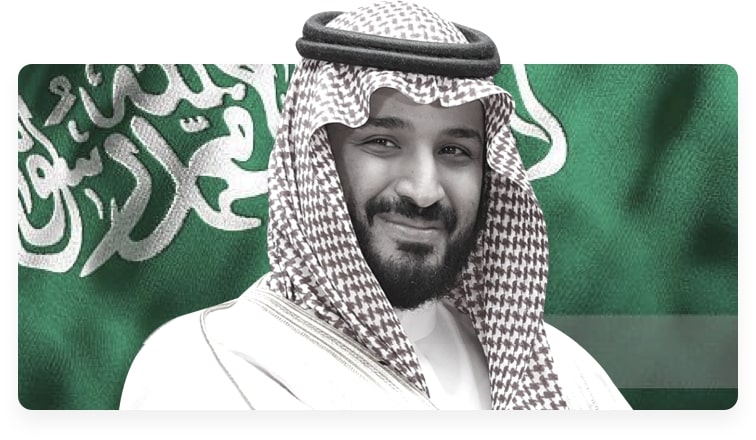
Recent announcements by Crown Prince Mohammed bin Salman of plans to turn the kingdom into a transpo.....
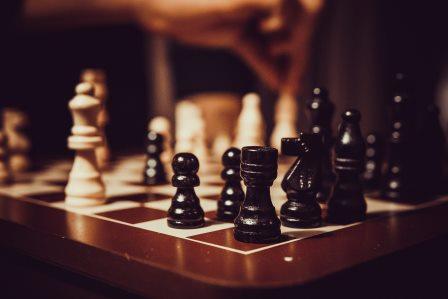
Saudi Arabia has stepped up efforts to outflank the United Arab Emirates and Qatar as the Gulf&rsquo.....
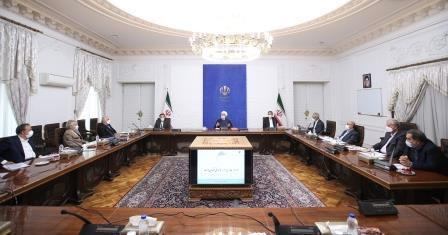
Eager to enhance its negotiating leverage with the United States and Europe, Iran is projecting immi.....
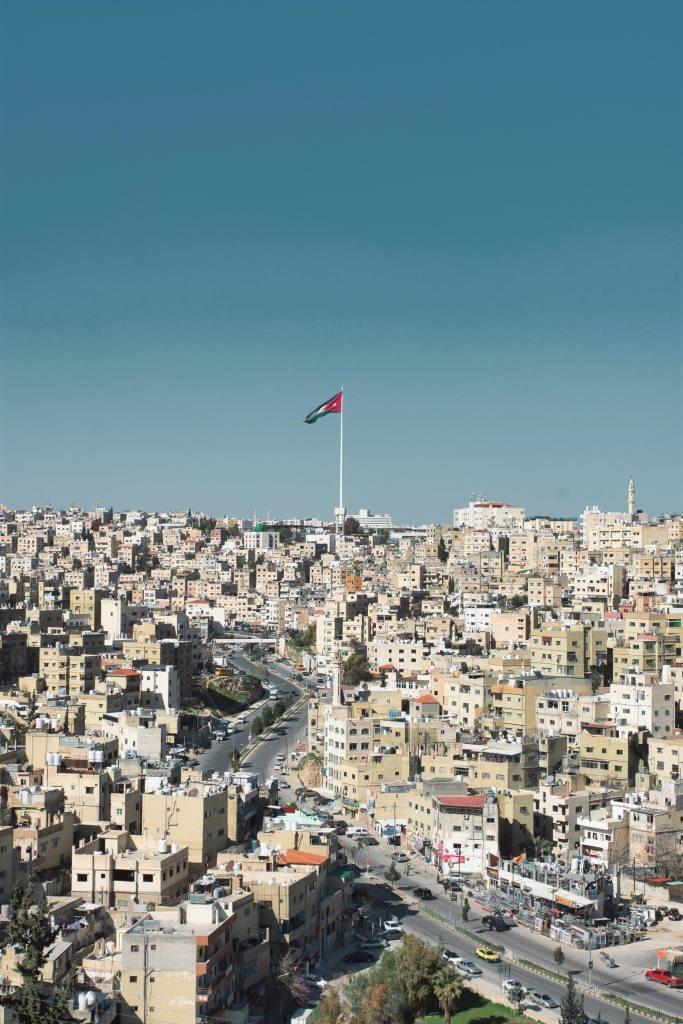
Former Crown Prince Hamzah bin Hussein has papered over a rare public dispute in the ruling Jordania.....
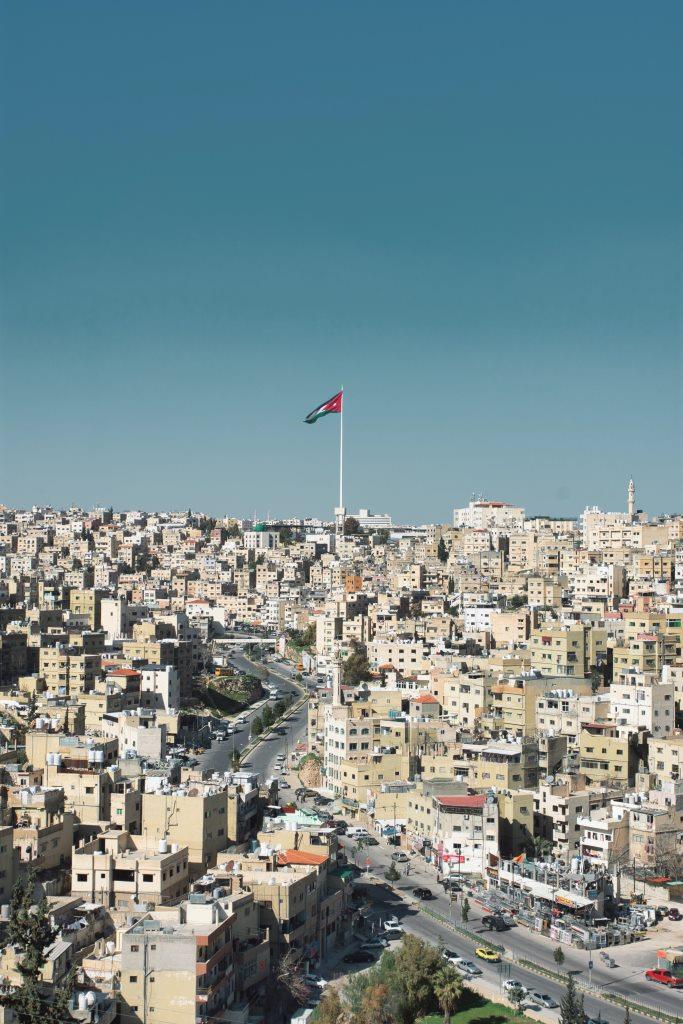
Former Crown Prince Hamzah bin Hussein has papered over a rare public dispute in the ruling Jordania.....
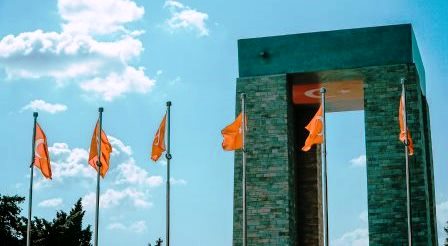
In a sign of the times, Turkish schoolbooks have replaced Saudi texts as the bull’s eye of cri.....
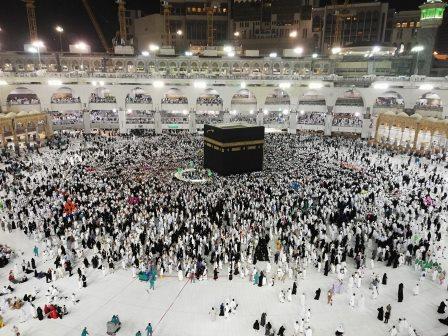
Saudi Sheikh Salman al-Awdah, a popular but controversial religious scholar who has been mostly in s.....
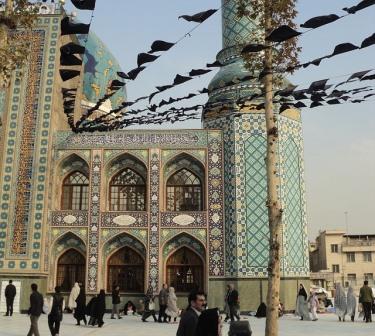
Recent clashes in the Iranian province of Sistan and Balochistan highlight Iran’s vulnerabilit.....
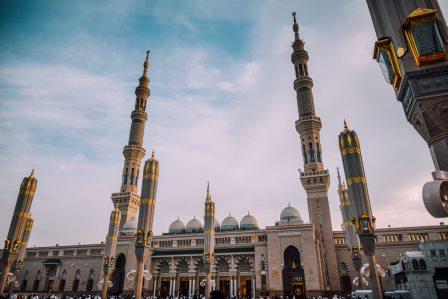
Two decades of snail pace revisions of Saudi schoolbooks aimed at removing supremacist references to.....
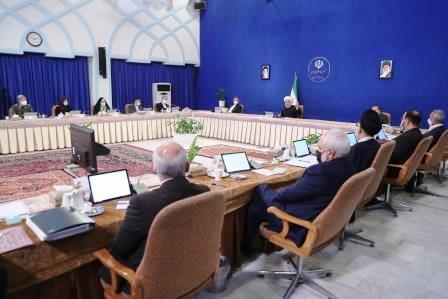
A little acknowledged provision of the 2015 international agreement that curbed Iran’s nuclear.....
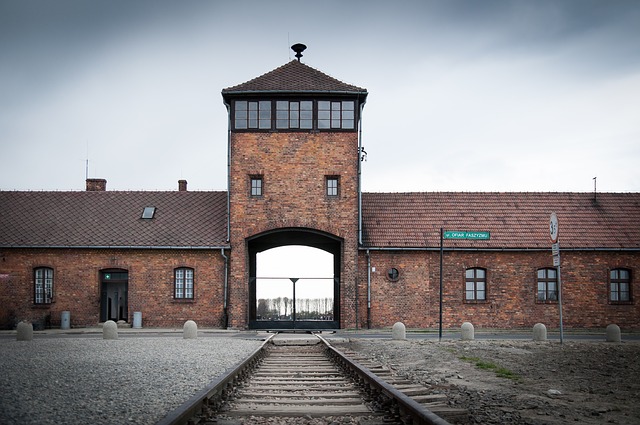
Religion scholar Esra Ozyurek has a knack for identifying trends that ring warning bells about where.....
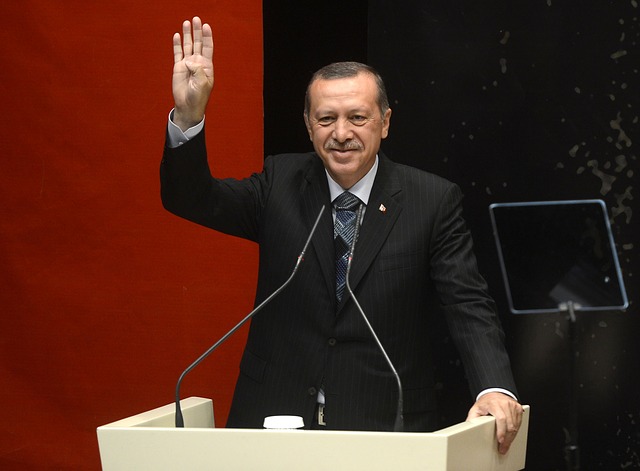
A projected sharp reduction in trade between the United States and China in the next two years coupl.....
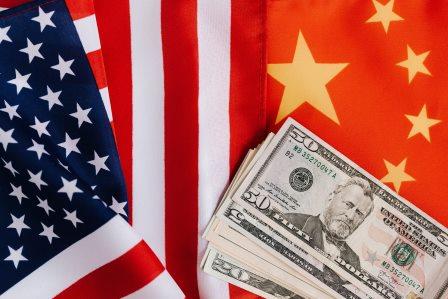
Public debates about China’s Middle East policy are as much internal Chinese discussions as th.....
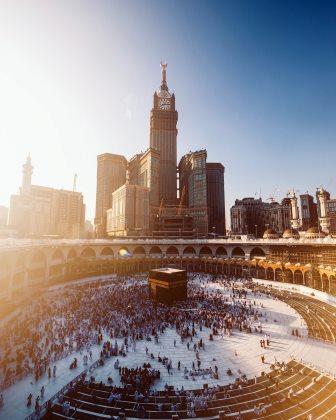
Saudi Arabia has taken multiple steps to polish its tarnished image in advance of this weekend&rsquo.....

An Emirati offer to invest in Israel’s most controversial soccer club could serve as a figurat.....
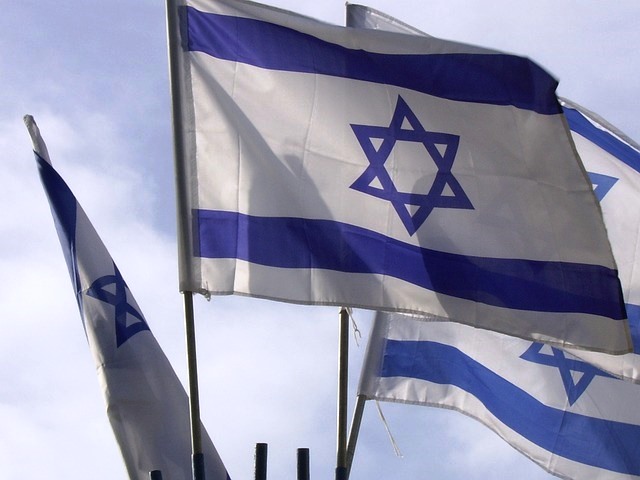
A close read of the agreement between the United Arab Emirates and Israel suggests that the Jewish s.....
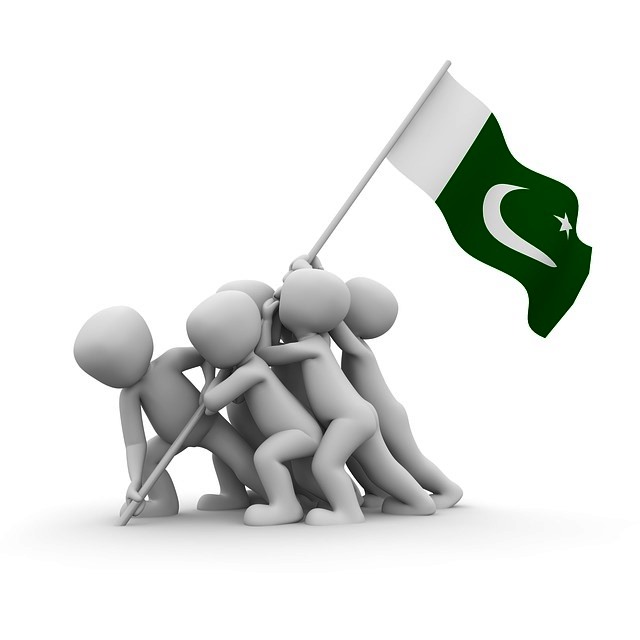
A rift between Pakistan and Saudi Arabia throws into sharp relief deepening fissures in the Muslim w.....
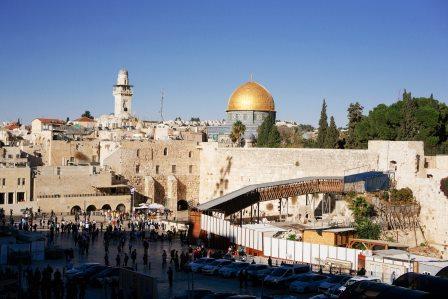
Rare polling of public opinion in Saudi Arabia suggests that Crown Prince Mohammed bin Salman may be.....
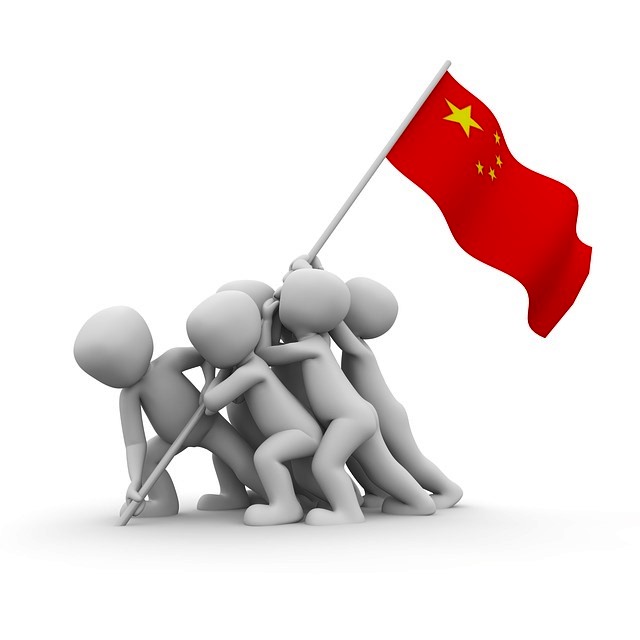
China is contemplating greater political engagement in the Middle East in what would constitute a br.....
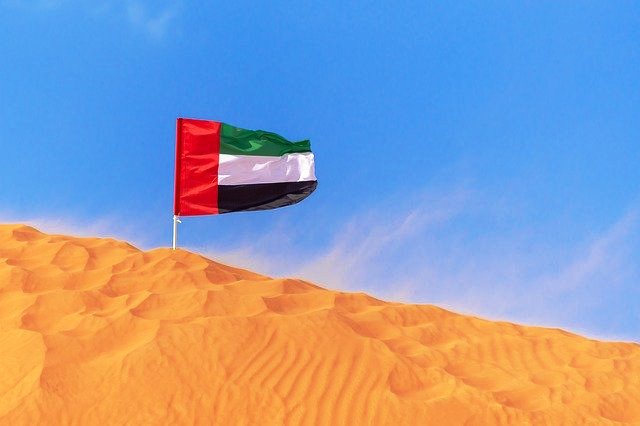
Europe is progressively being sucked into the Middle East and North Africa’s myriad conflicts......
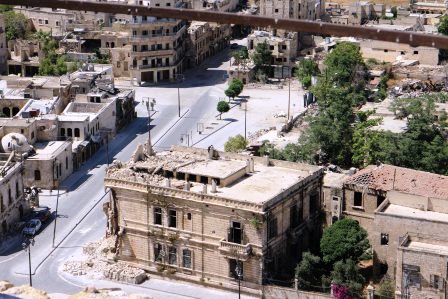
China looms large as a potentially key player alongside Russia and Iran in President Bashas al-Assad.....
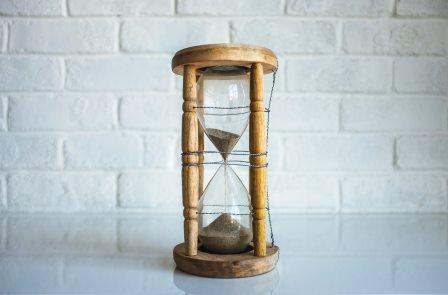
Civilizationalist leaders, who seek religious legitimacy, cater to a religious support base or initi.....
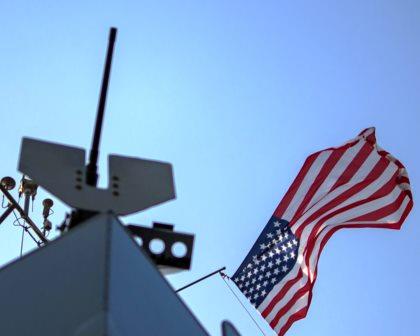
A decision by the Organization of Petroleum Exporting Countries (OPEC) and non-OPEC producers like R.....

The Coronavirus pandemic points a finger not only at the colossal global collapse of responsible pub.....
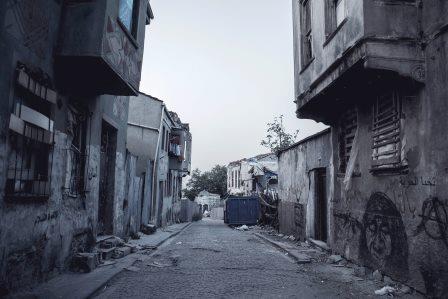
Syria’s announcement of its first COVID-19 case highlights the public health threat posed by w.....
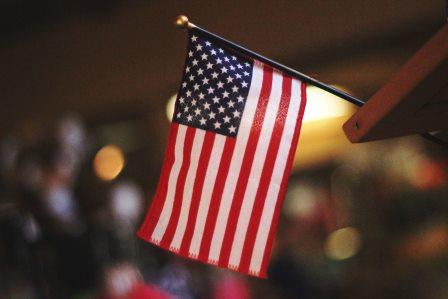
The fight in this week’s Democratic primaries may have been about who confronts Donald J. Trum.....
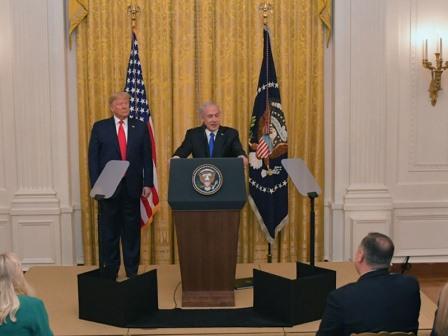
A podcast version of this story is available on Sound cloud, ITunes, Spotify, Stitcher, Tune In, Spe.....
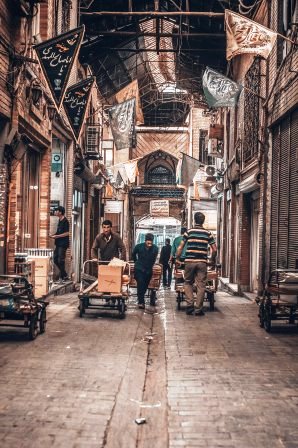
Saudi Arabia may have been getting more than it bargained for when authorities in Khujand, Tajikista.....

At the core of US president Donald J. Trump’s maximum pressure campaign against Iran lies the .....
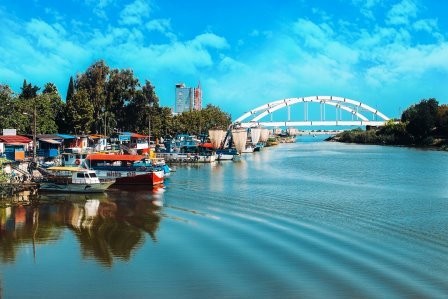
The Iranian port city of Bandar-e-Mahshahr has emerged as the scene of some of the worst violence in.....
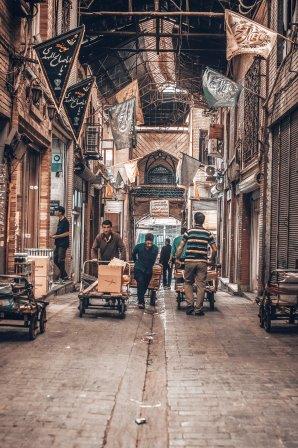
Saudi efforts to negotiate an end to the Yemen war in a bid to open a dialogue with Iran could call .....
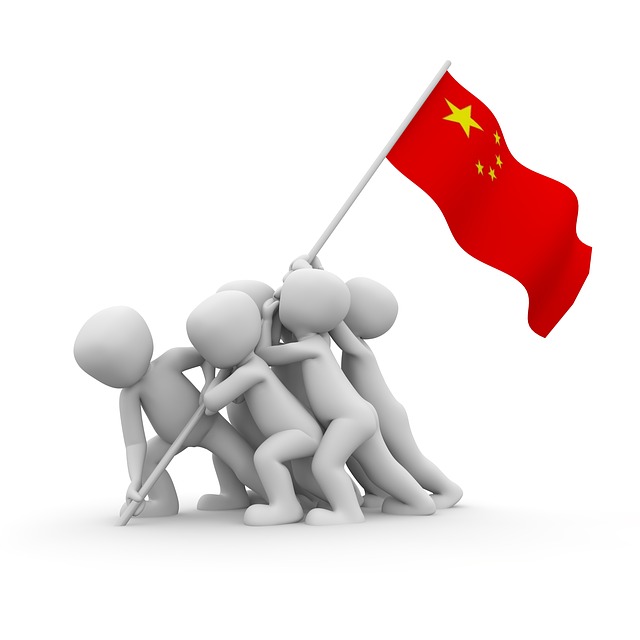
China is manoeuvring to avoid being sucked into the Middle East’s numerous disputes amid mount.....

Fears of a potential military conflict with Iran may have opened the door to a Saudi-Iranian dialogu.....
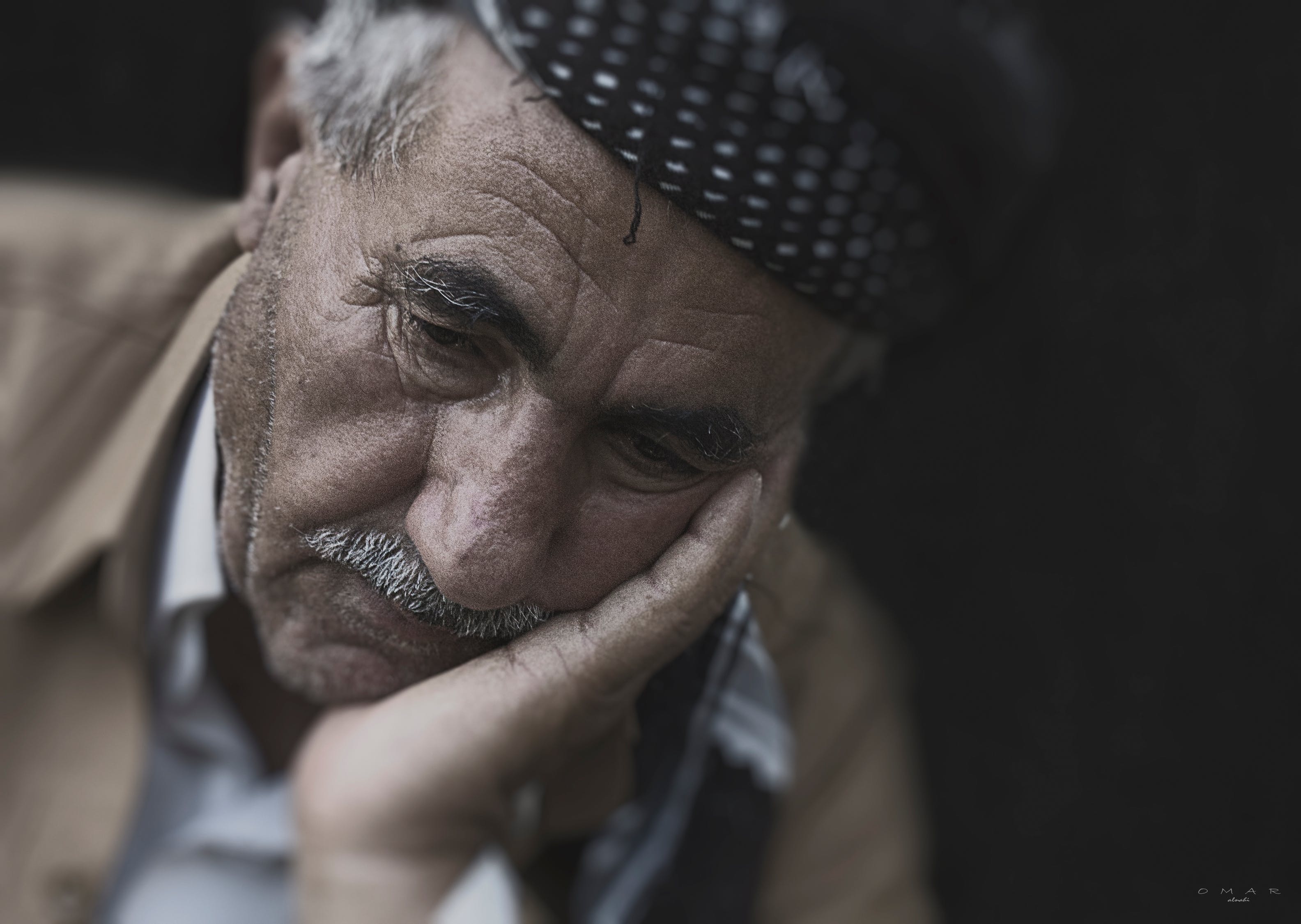
Little suggests that fabulously wealthy Gulf States and their Middle Eastern and North African benef.....

A controversial former security official and Abu Dhabi-based political operator, Mohammed Dahlan, ha.....
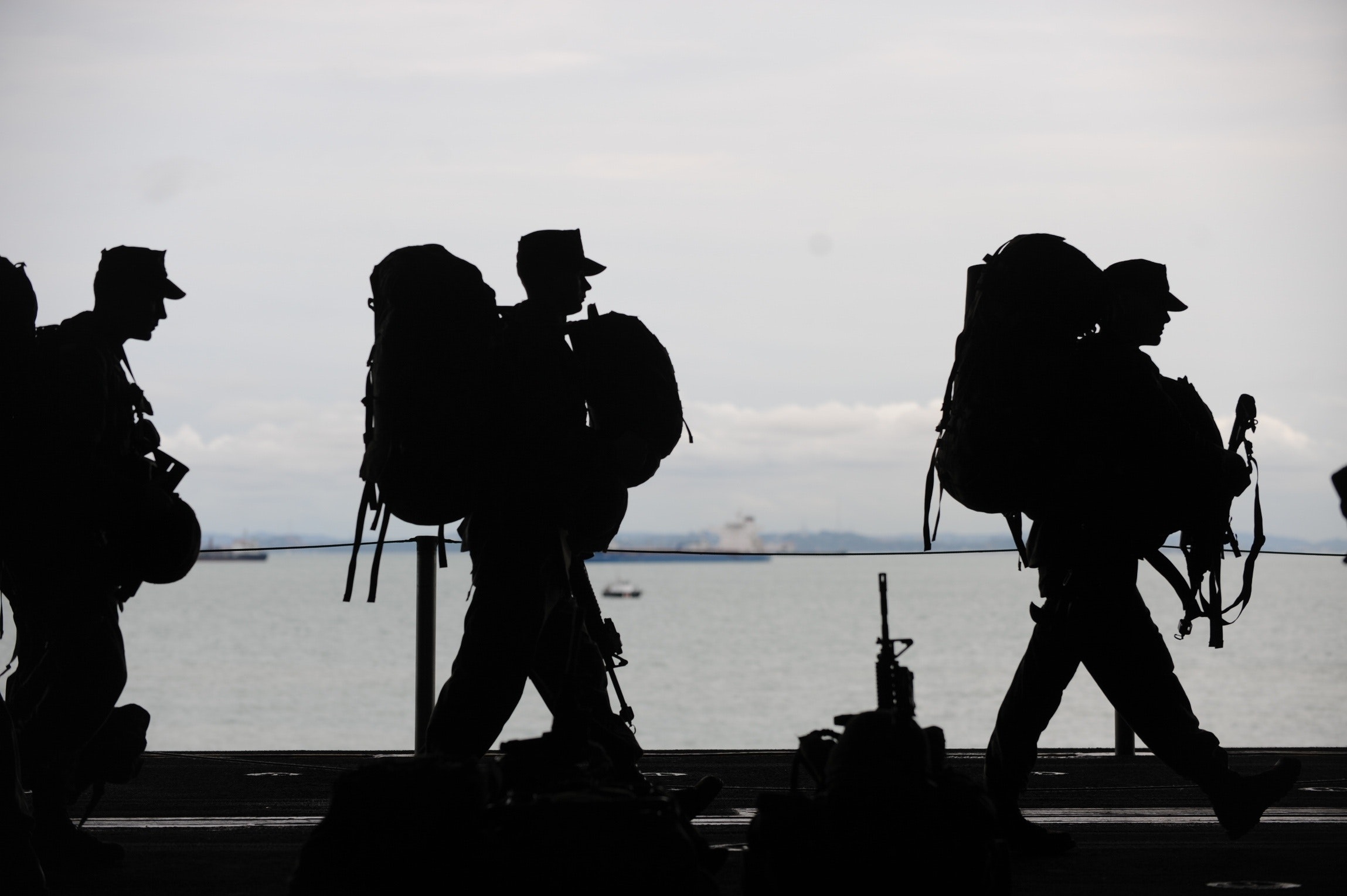
Russia, backed by China, hoping to exploit mounting doubts in the Gulf about the reliability of the .....
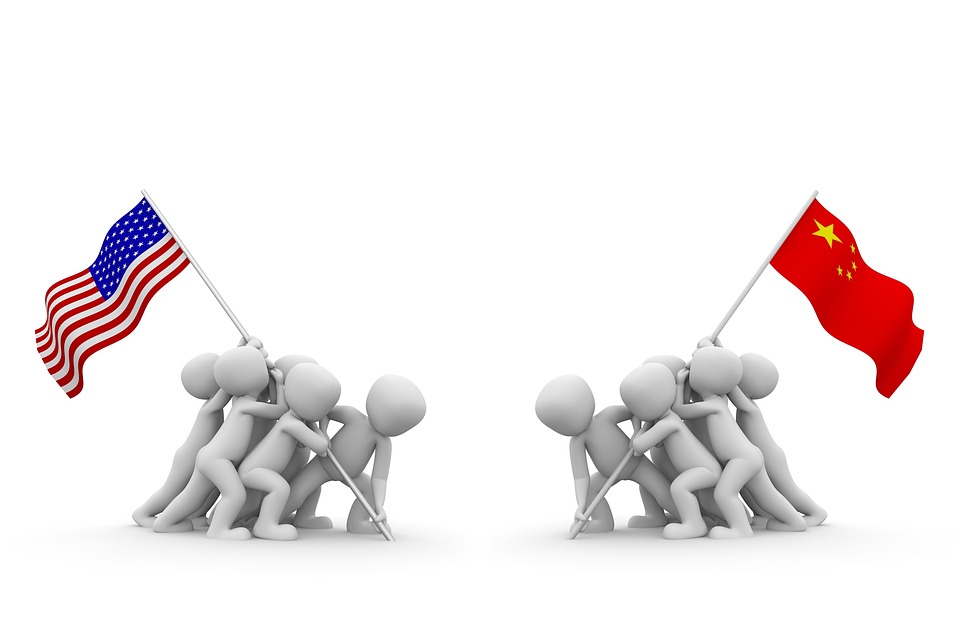
China and Russia are as much allies as they are rivals. A joint Tajik-Chinese military exercise in a.....
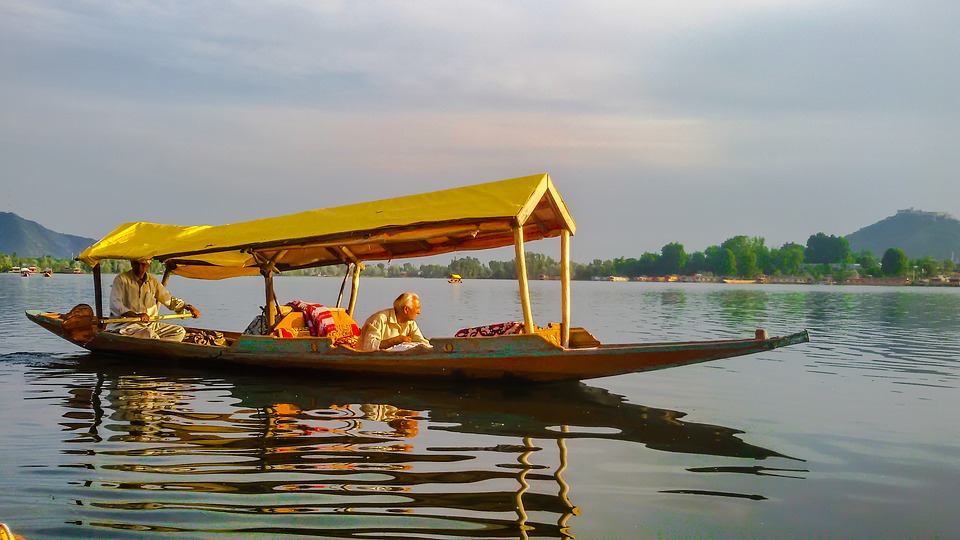
Thought that sectarianism was a pillar of the Saud Iranian rivalry? Think again, think Kashmir where.....
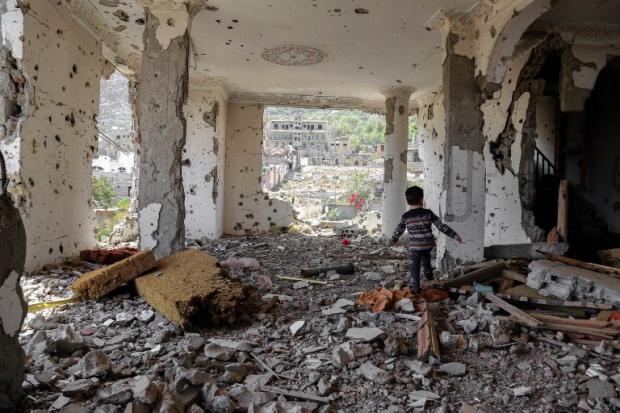
These are tough times for Saudi Arabia. The drama enveloping the killing of journalist Jamal Khas.....
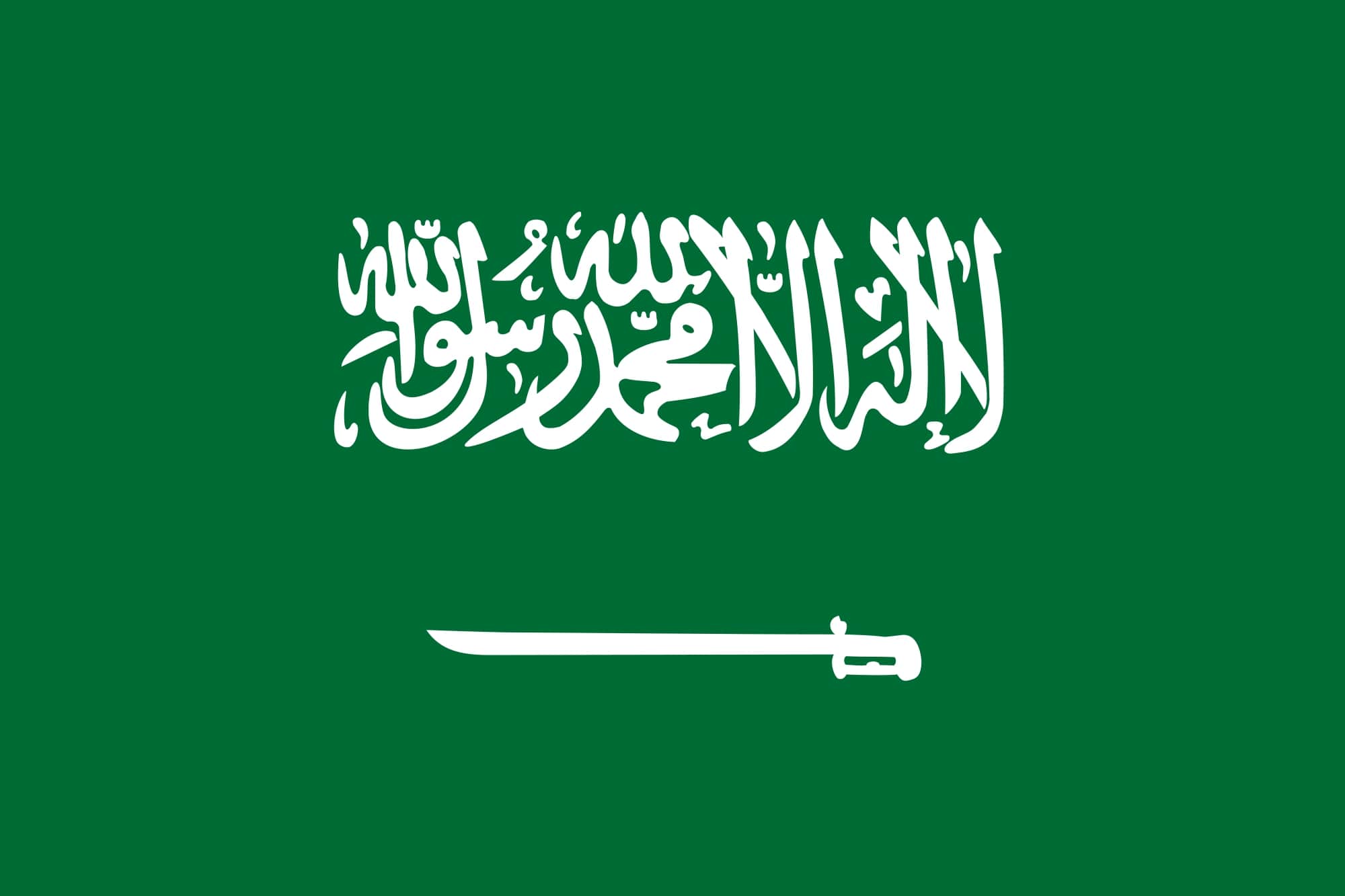
Saudi plans to become a major gas exporter within a decade raise questions about what the .....
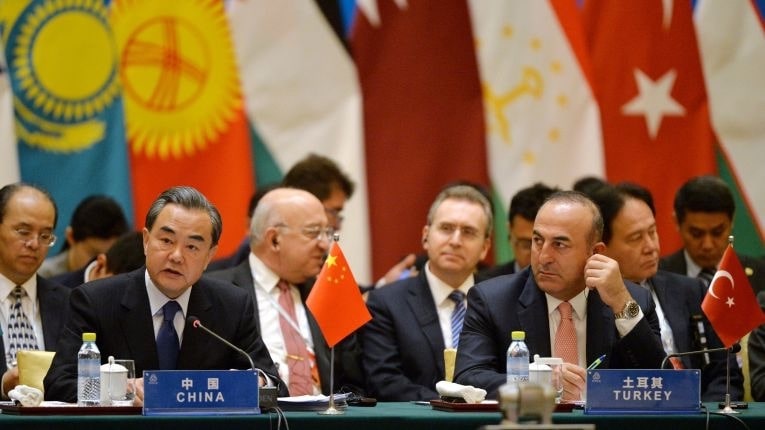
A Turkish-Chinese spat as a result of Turkish criticism of China’s crackdown on Turkic Mu.....
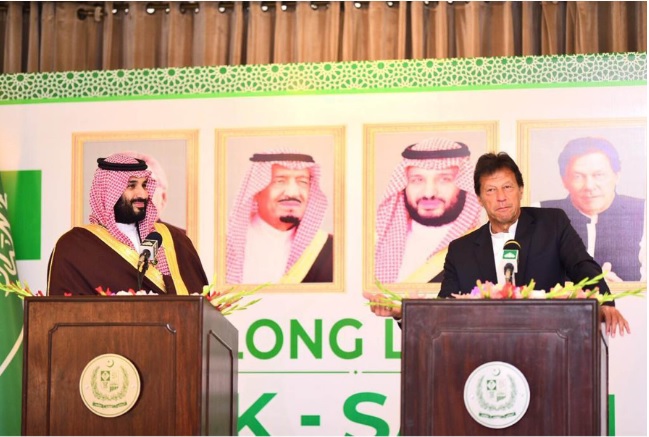
This week’s suicide attack on Revolutionary Guards in Iran’s south-eastern province of S.....
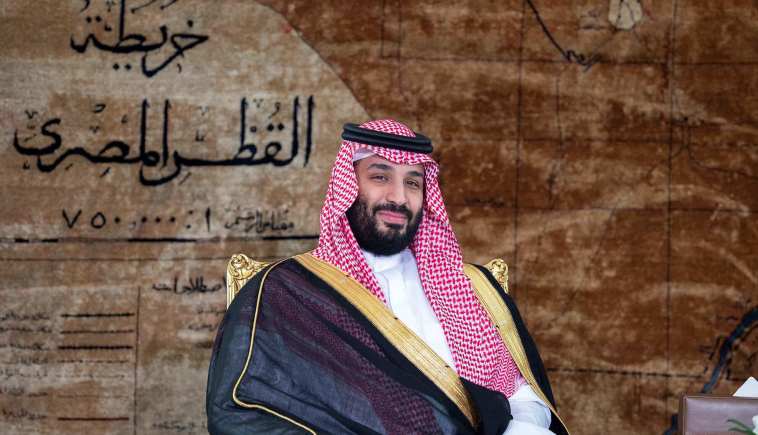
Saudi Crown Prince Mohammed bin Salman’s three-nation tour of Asia is as much about demonstrat.....
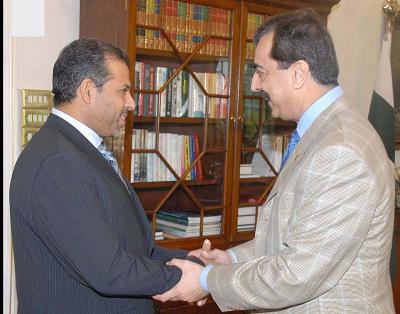
It may be reading tea leaves but analysis of the walk-up to Saudi crown prince Mohammed bin Salman&r.....
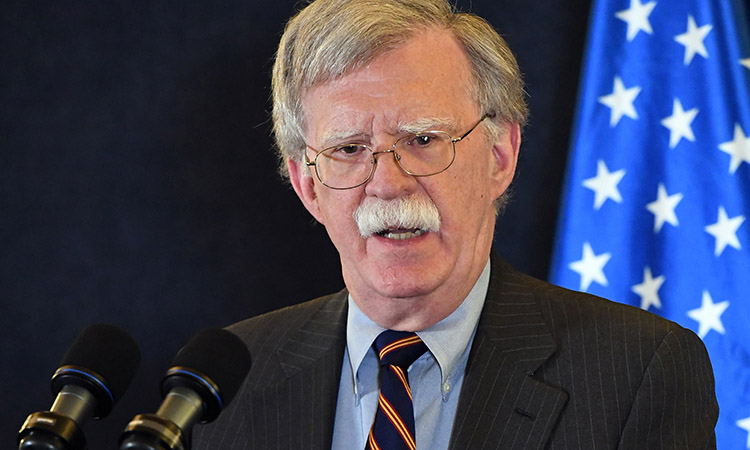
Alarm bells went off last September in Washington's corridors of power when John Bolton&rsq.....
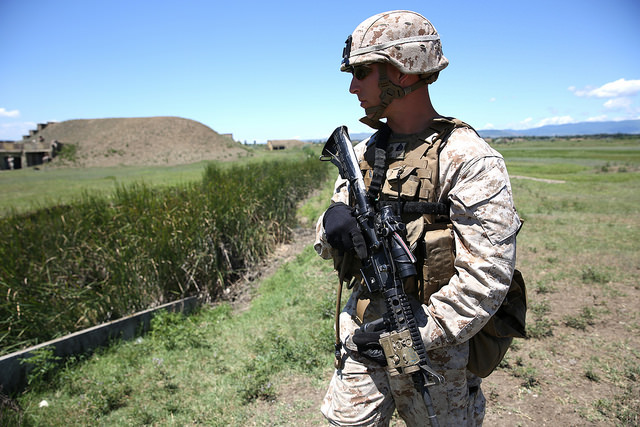
US President Donald J. Trump’s threat to devastate Turkey’s economy if Turkish troo.....
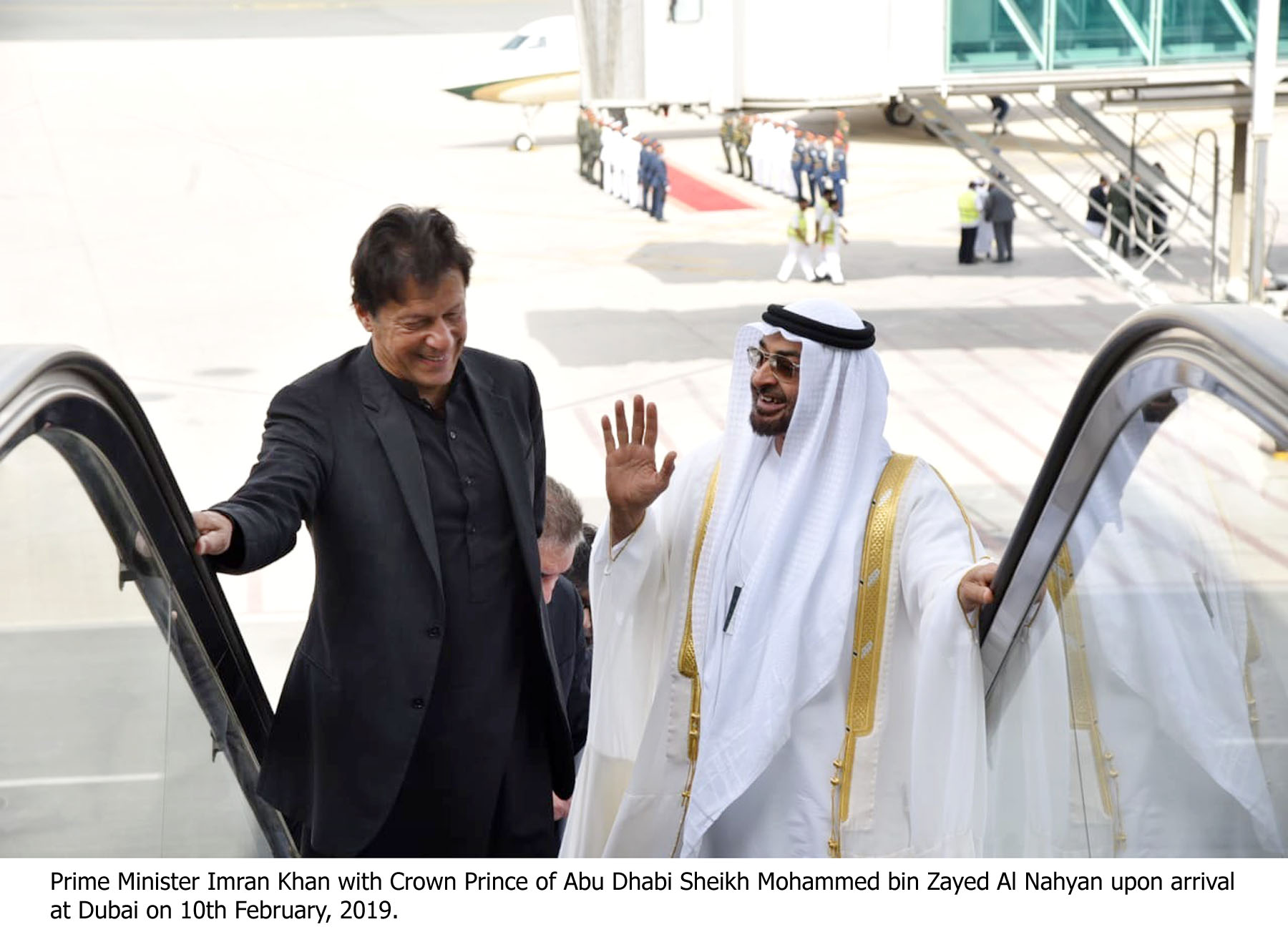
Pakistan is traversing minefields as it concludes agreements on investment, balance of payments supp.....
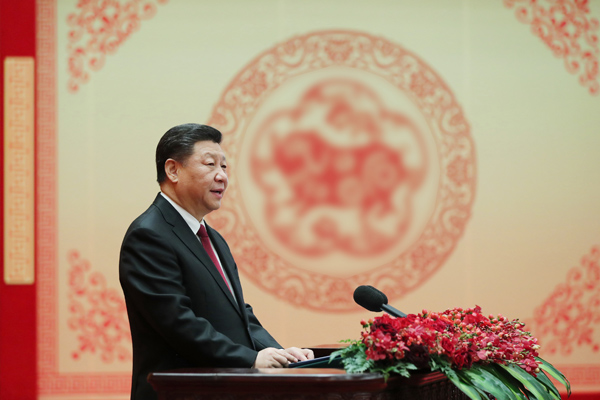
A heavy soup made of pulled noodles, meat, and vegetables symbolizes Central Asia’s close cult.....
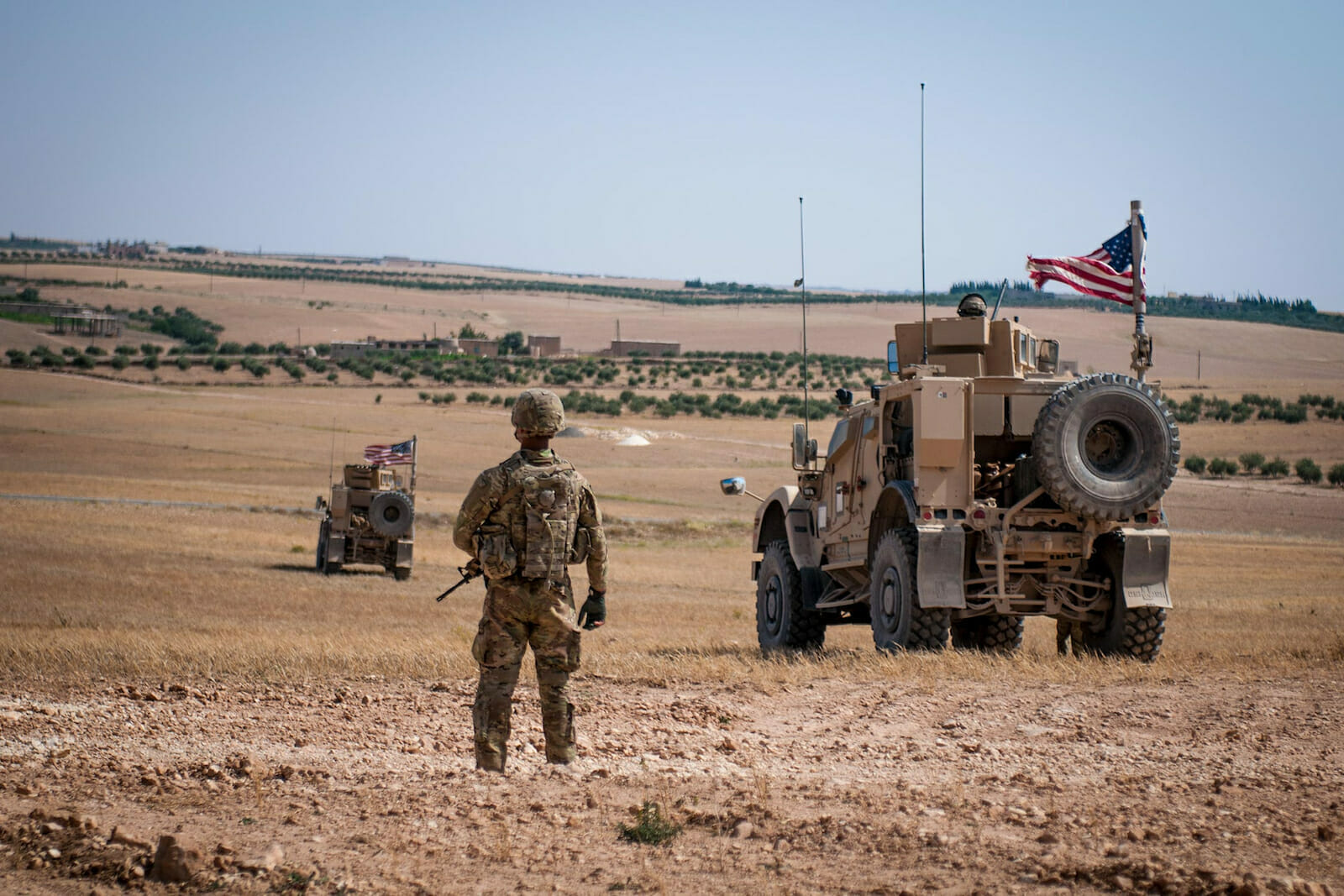
As far as Gulf leaders are concerned, President Donald J. Trump demonstrated with his announced.....
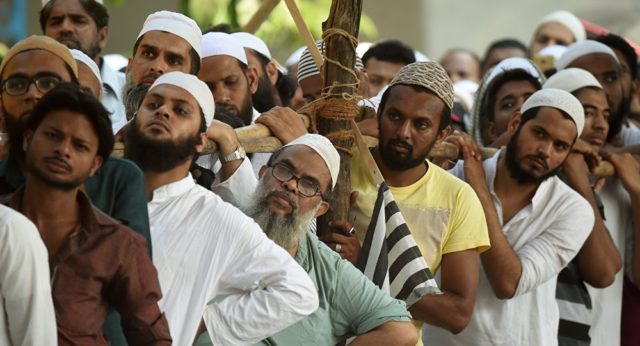
When President Recep Tayyip Erdogan recently declared that Turkey was “the only country that c.....
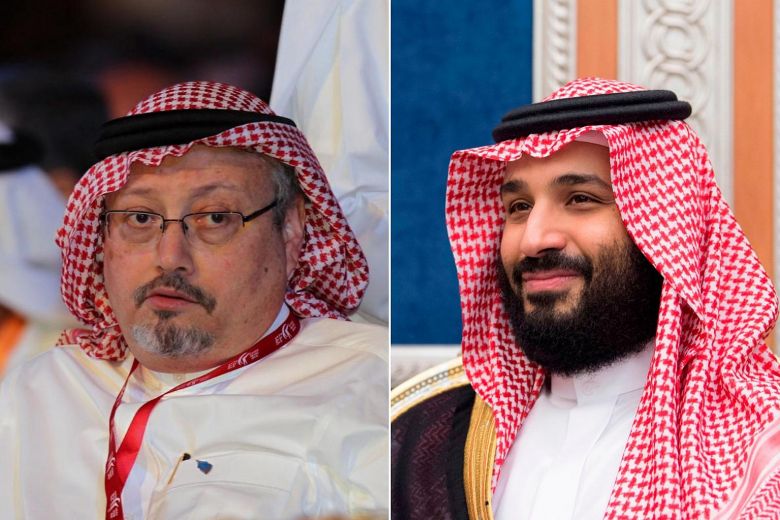
A draft US Senate resolution describing Saudi policy in the Middle East as a "wrecking ball&quo.....
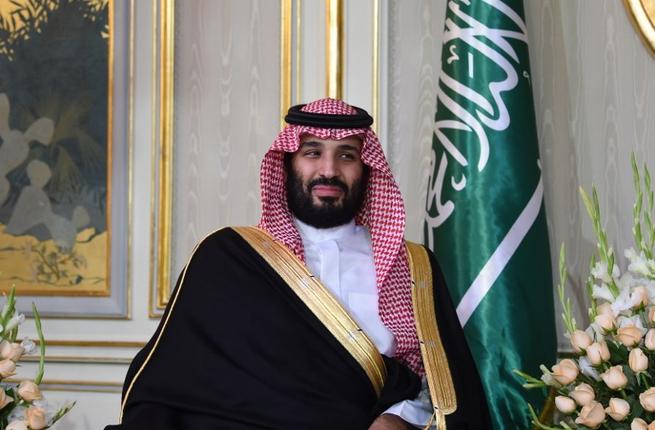
As Saudi crown prince Mohammed bin Salman tours friendly Arab nations in advance of the Group of 20 .....
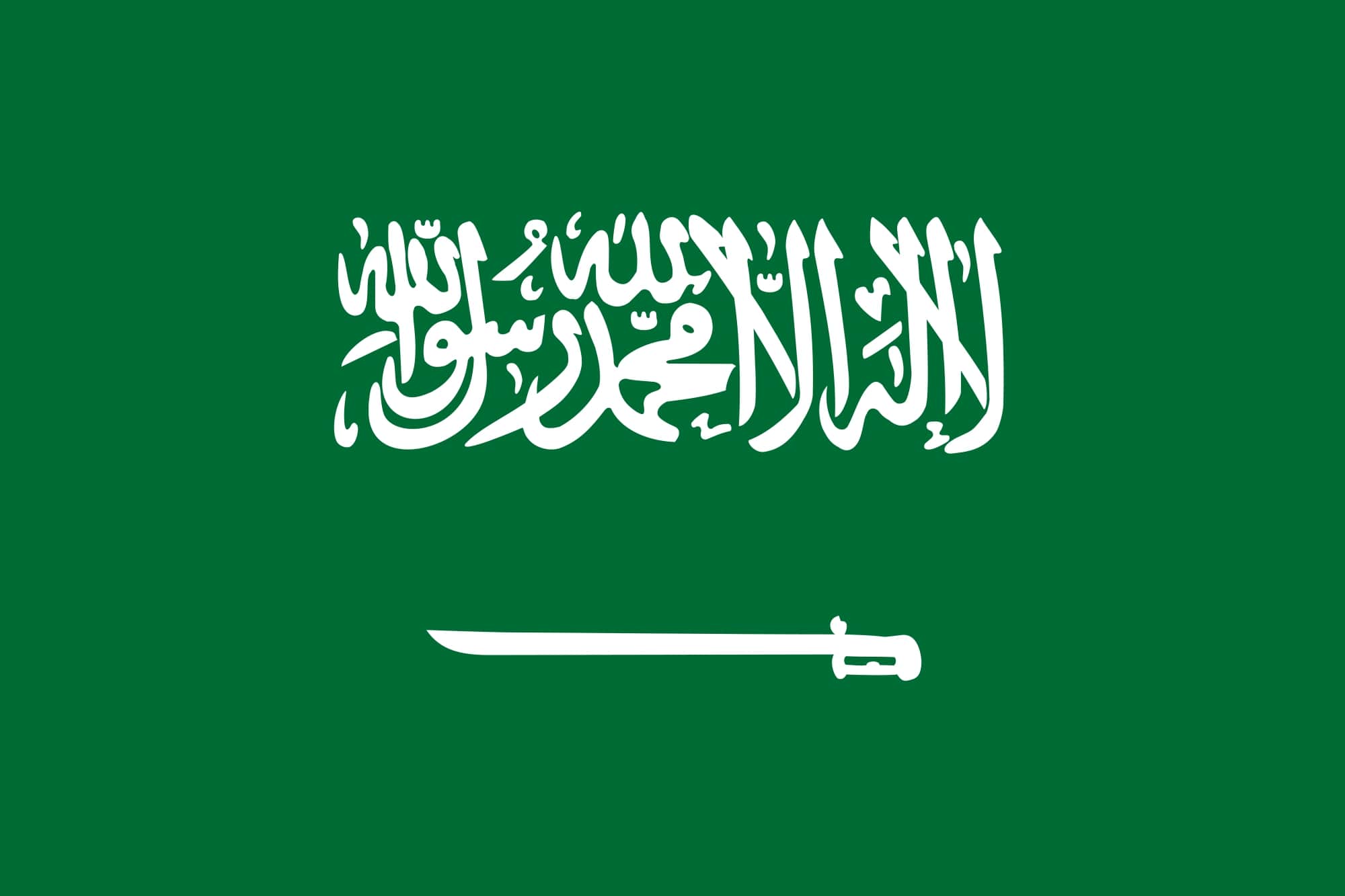
When Saudi General Khalid bin Sultan bin Abdul Aziz went shopping in the late 1980s for Chinese medi.....
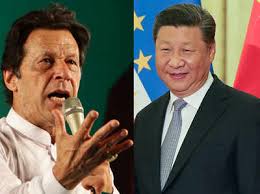
Pakistani Prime Minister Imran Khan lands in Beijing on November 3, the latest head of government to.....
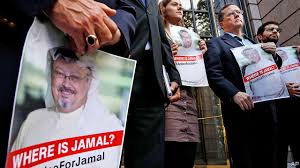
Saudi Arabia and Turkey, despite being on opposite sides of Middle Eastern divides, are cooperating .....
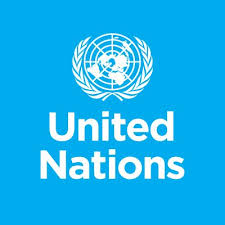
It’s easy to dismiss Iranian denunciations of the United States and its Middle Eastern allies .....
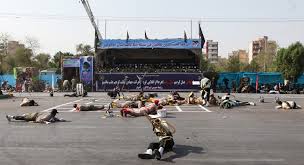
An attack on a military parade in the southern Iranian city of Ahwaz is likely to prompt Iranian ret.....
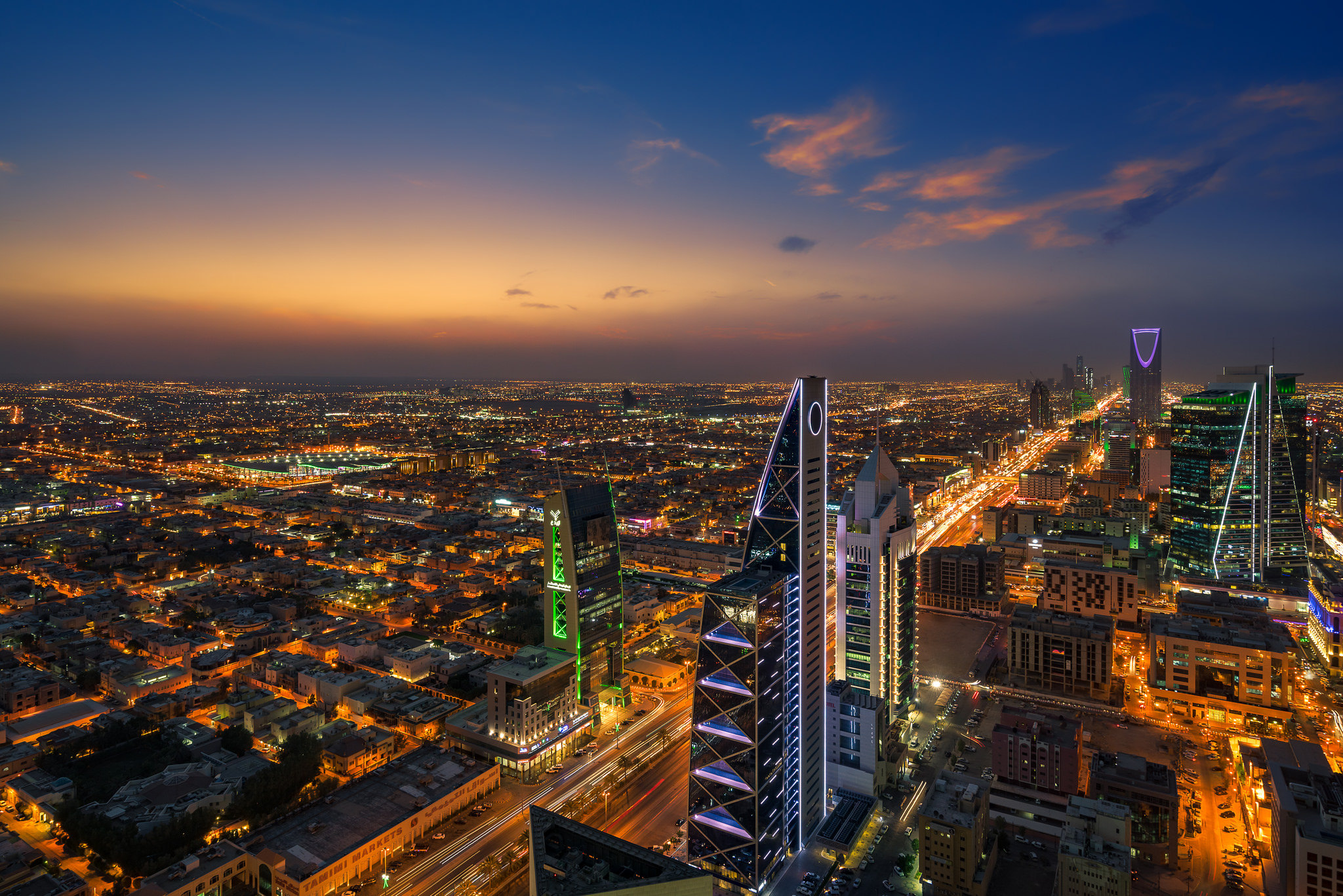
A Financial Action Task Force (FATF) report criticizing Saudi Arabia’s anti-money laundering a.....
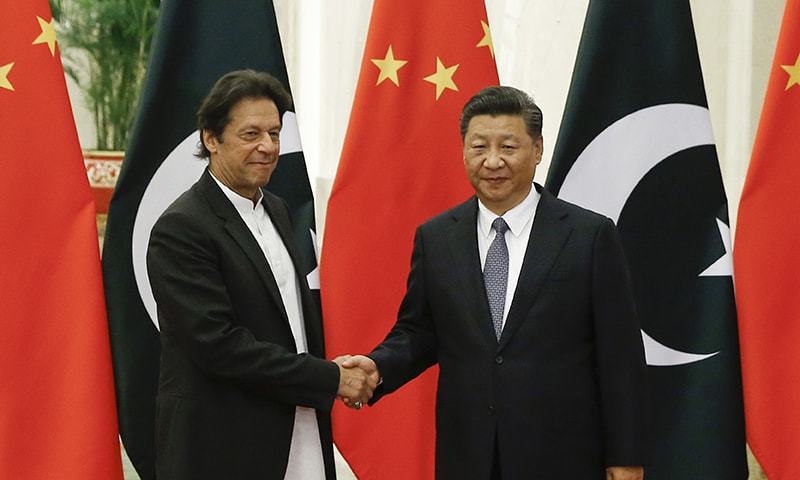
Desperate for funding to fend off a financial crisis fuelled in part by mounting debt to China, Paki.....
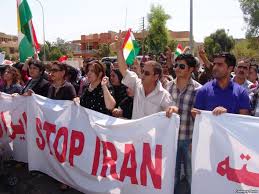
Iran has raised the spectre of a US-Saudi effort to destabilize the country by exploiting .....
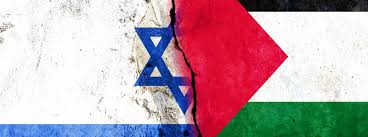
A possible ceasefire between Israel and Hamas, the Islamist group that controls the Gaza S.....
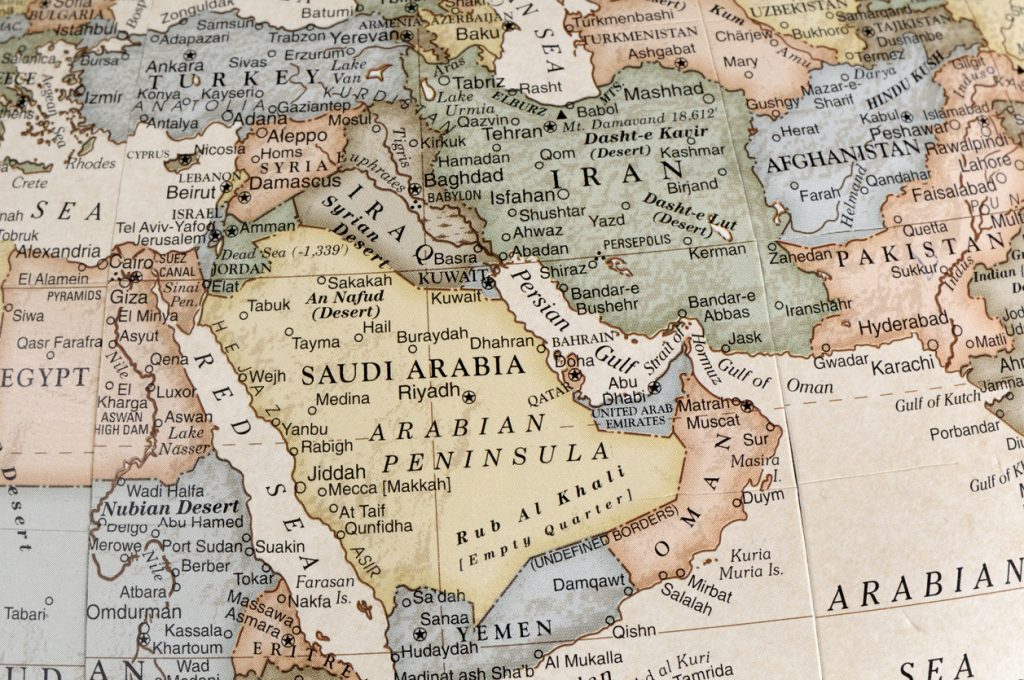
With multiple Middle Eastern disputes threatening to spill out of control, United Arab Emirates mini.....
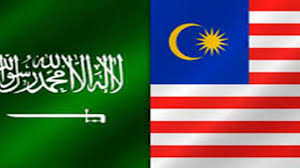
Embattled former Malaysian Prime Minister Najib Razak was the main loser in last month&rsq.....

Lurking in the background of a Saudi-Moroccan spat over World Cup hosting rights and the Gulf crisis.....
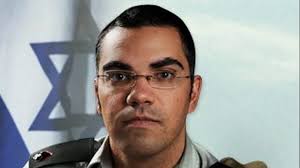
Amid ever closer cooperation with Saudi Arabia, Israel’s military appears to be adopting the k.....

Mounting anger and discontent is simmering across the Arab world much like it did in the w.....
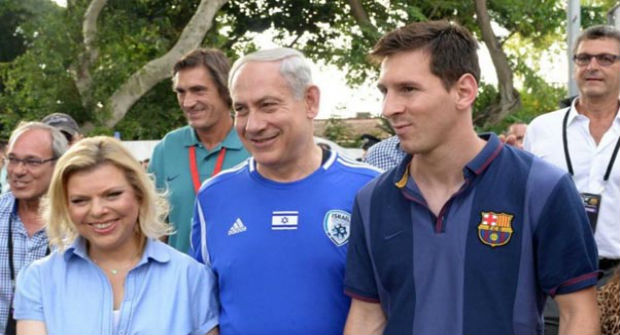
Argentina’s cancellation of a friendly against Israel because of Israeli attempts to exploit t.....
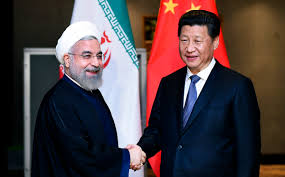
Conventional wisdom has it that China stands to benefit from the US withdrawal from the 2015 interna.....
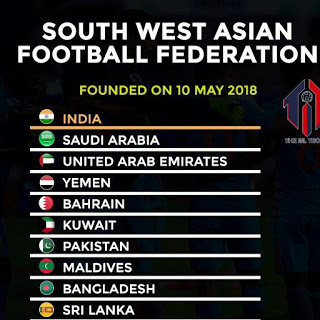
Saudi Arabia’s bitter rivalry with Iran has spilled onto Asian soccer pitches with t.....
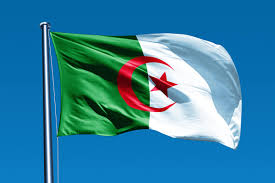
A controversy in Algeria over the growing popularity of Saudi-inspired Salafi scholars spotlights th.....
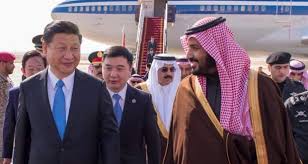
Subtle shifts in Chinese energy imports suggest that China may be able to exert influence in the Mid.....
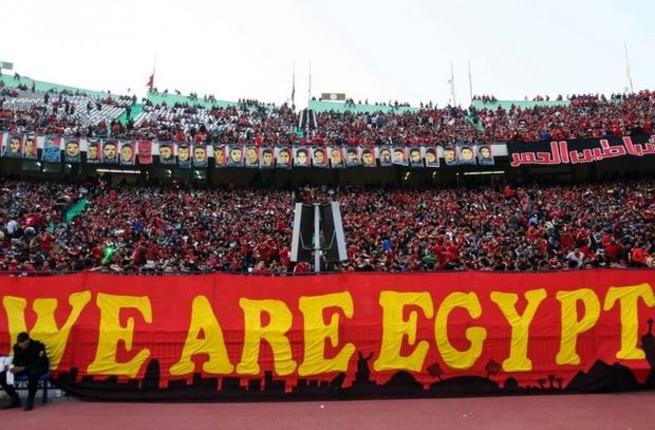
Egyptian general-turned-president Abdel Fattah Al-Sisi won a second term virtually unchallenged in w.....
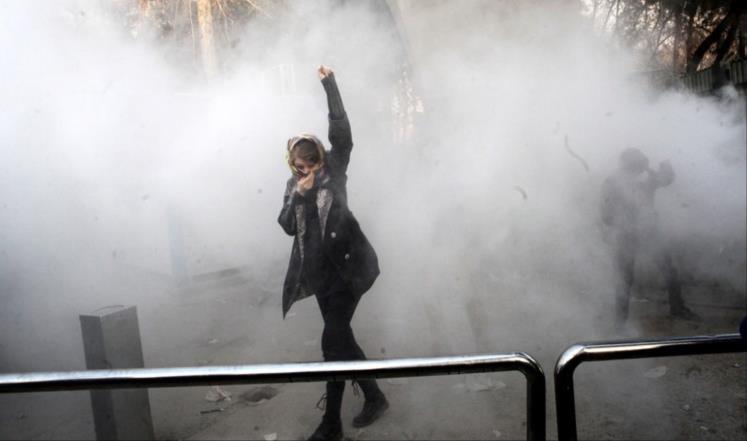
Protests have erupted in Iran’s oil-rich province of Khuzestan barely three months after the I.....
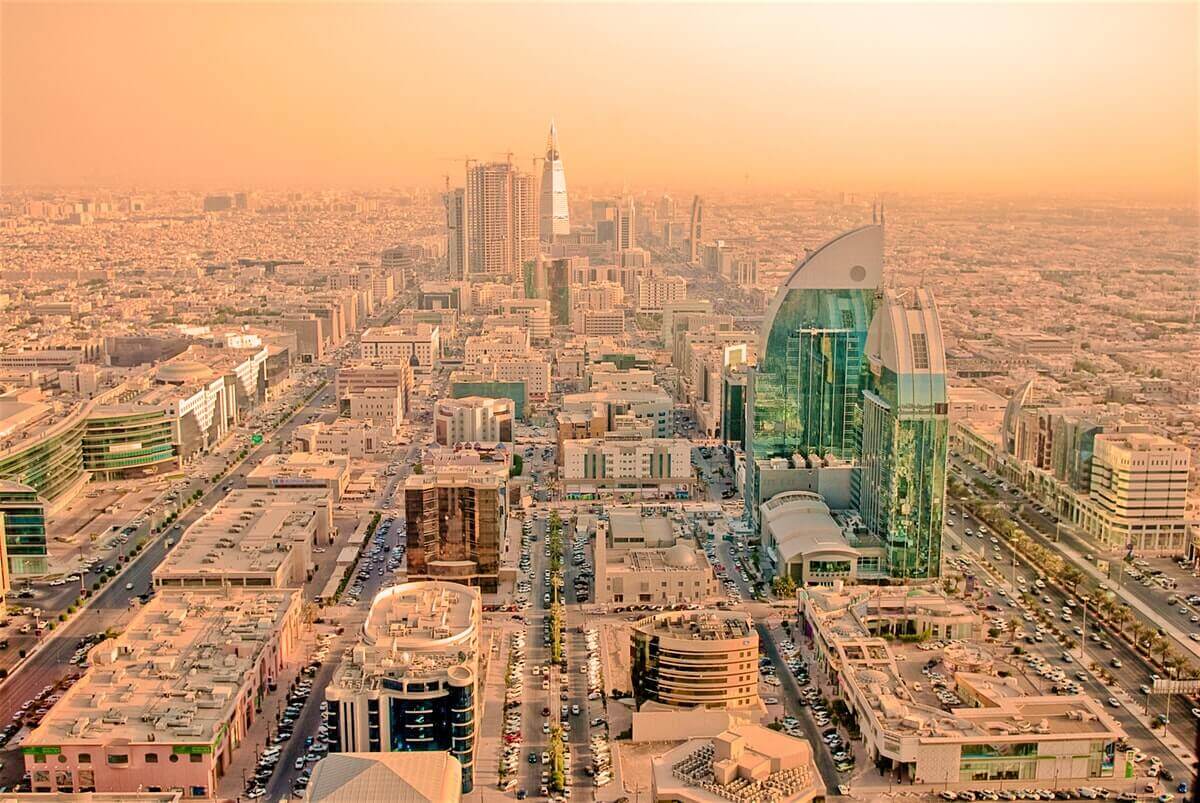
Debilitating hostility between Saudi Arabia and Iran is about lots of things, not least who will hav.....
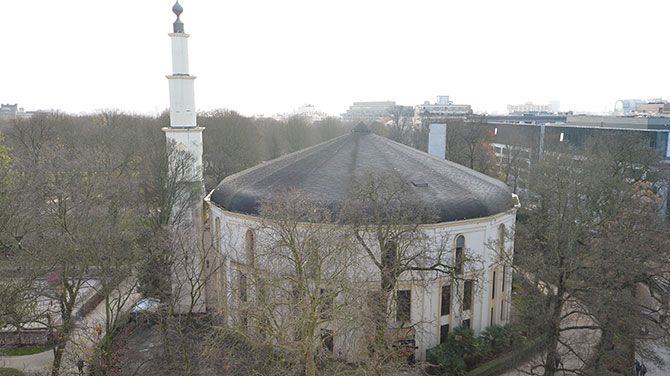
Saudi Arabia, in an indication that it is serious about shaving off the sharp edges of its Sunni Mus.....
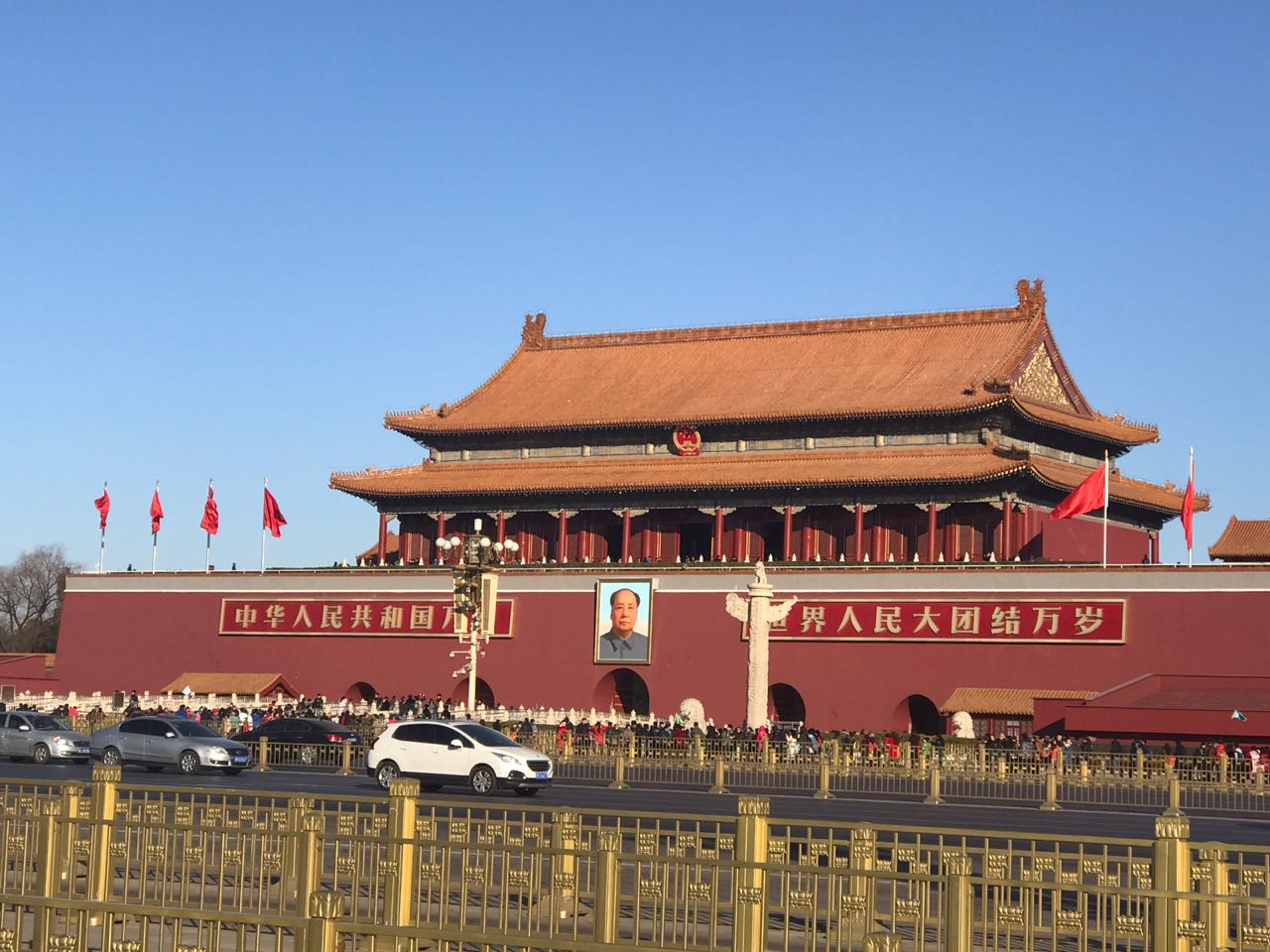
The Middle East has a knack for sucking external powers into its conflicts. China’s ventures i.....
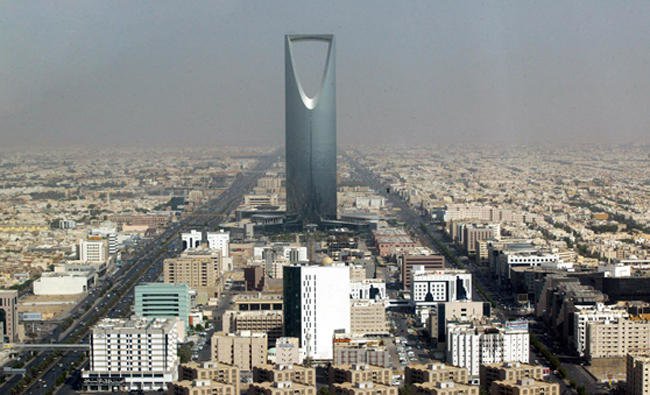
A Saudi draft law could constitute a first indication that Crown Prince Mohammed bin Salman’s .....
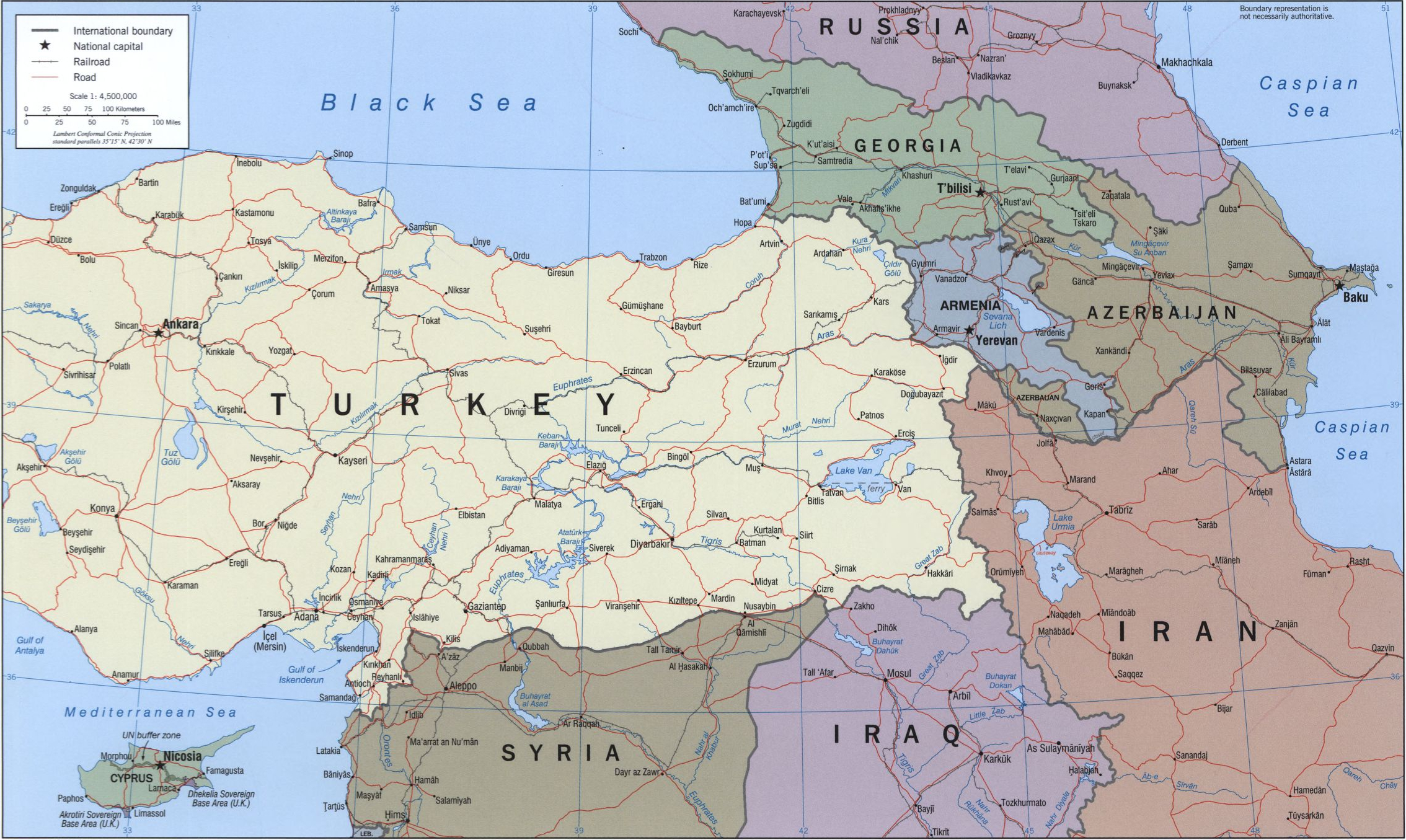
Turkish allegations of Saudi, Emirati and Egyptian support for the outlawed Kurdish Workers Party (P.....
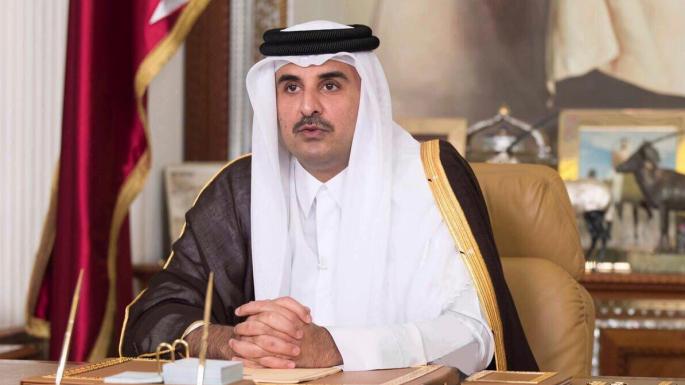
Prominent US constitutional lawyer and scholar Alan M. Dershowitz raised eyebrows when he described .....
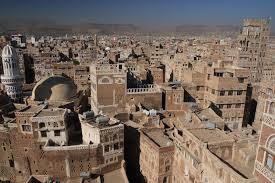
Plans to open a Salafi missionary centre in the Yemeni province of Al Mahrah on the border with Oman.....
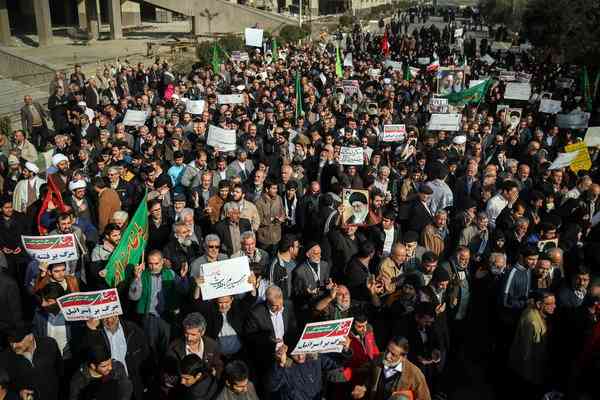
If week-long anti-government protests in Iran exposed the Islamic republic’s deep-se.....
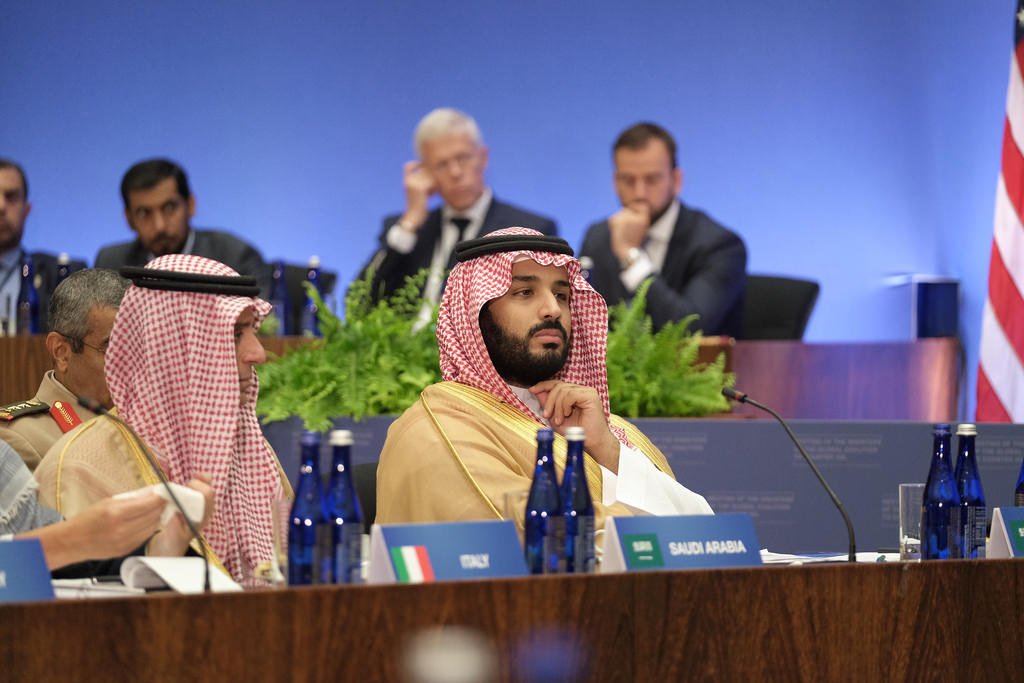
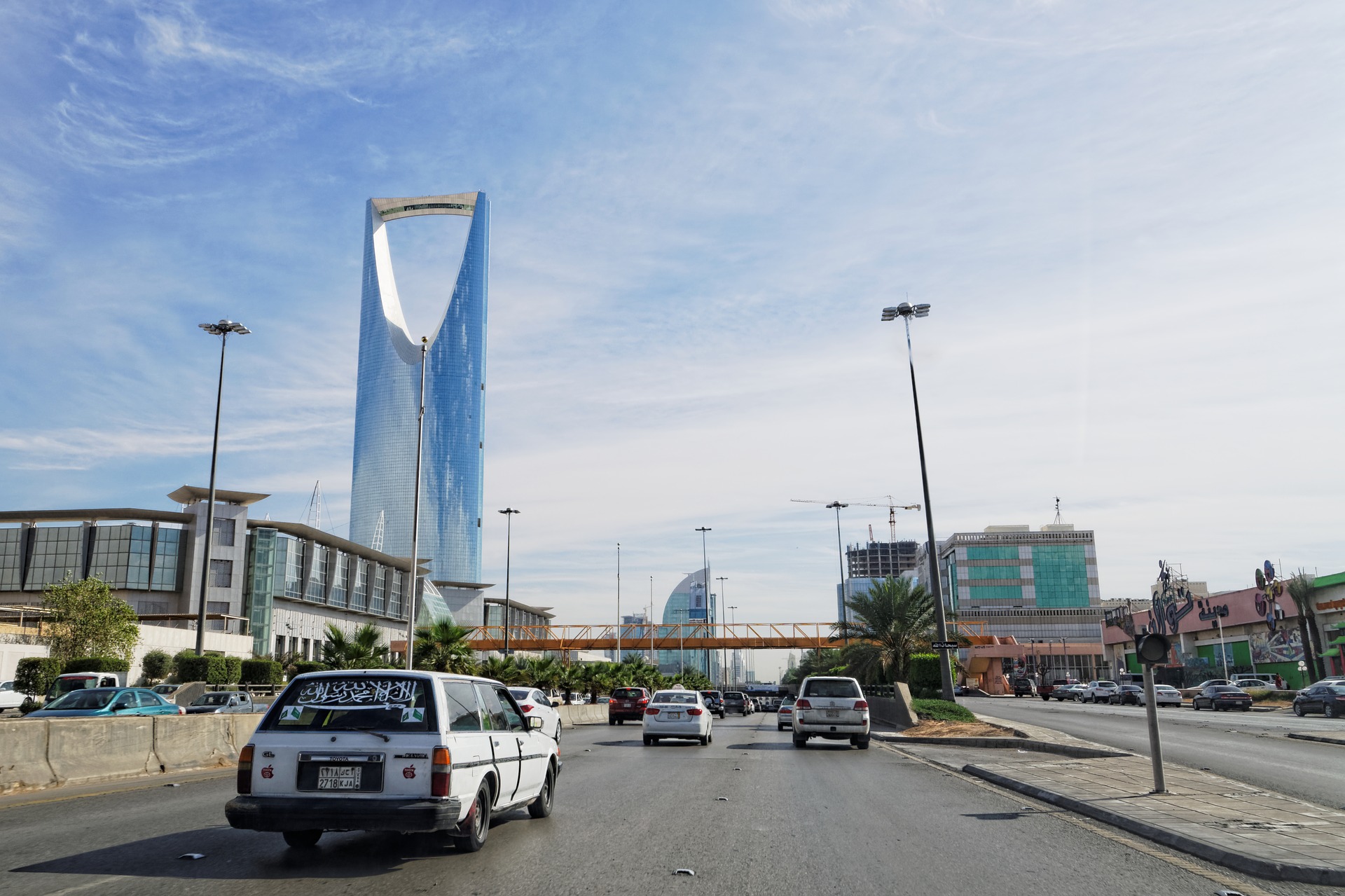
Kuwaiti billionaire Maan al-Sanea should have seen it coming after Saudi Crown Prince Mohammed bin S.....
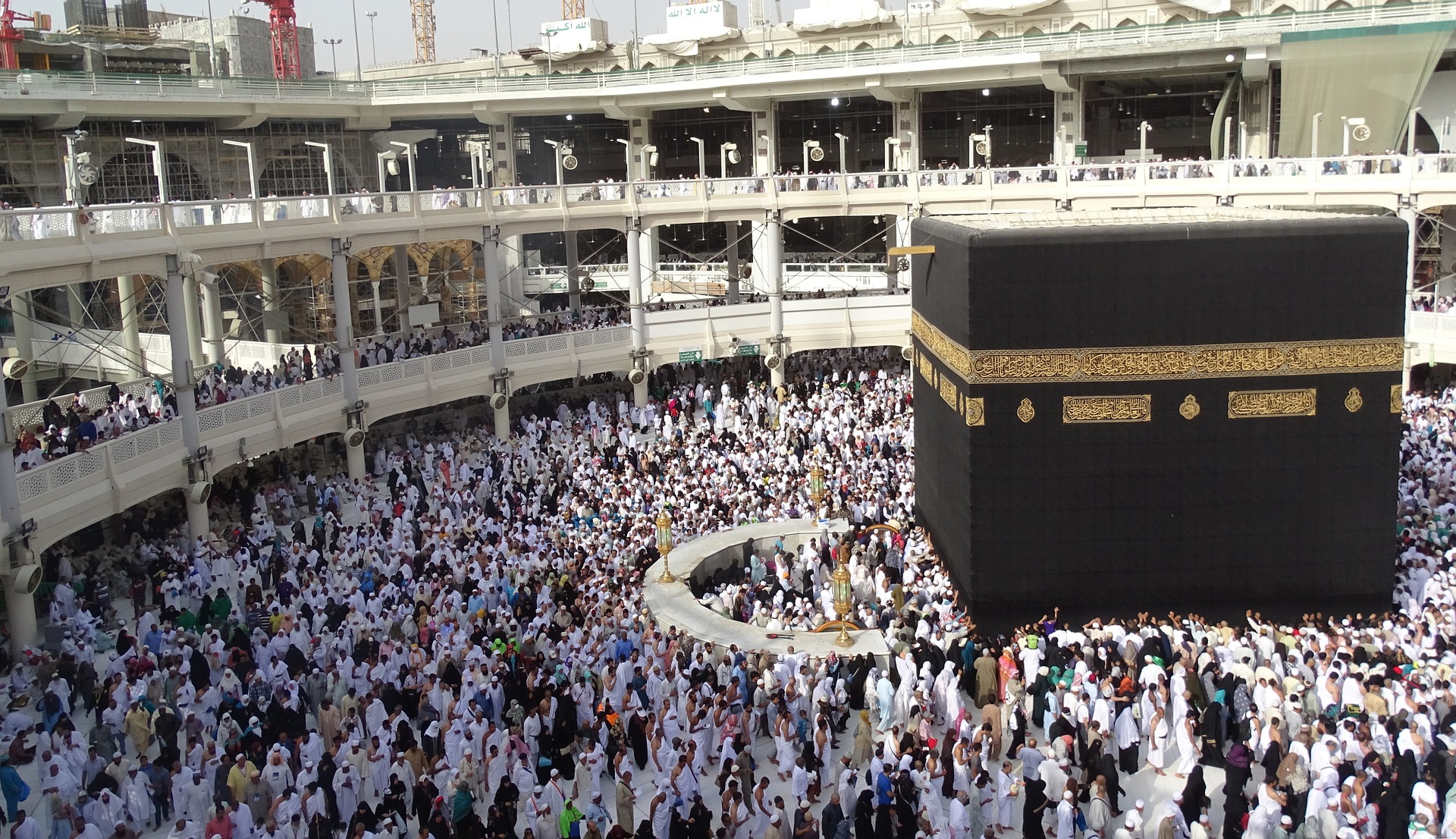
Long-standing Saudi efforts to dominate the pan-Arab media landscape appear to have moved into high .....
